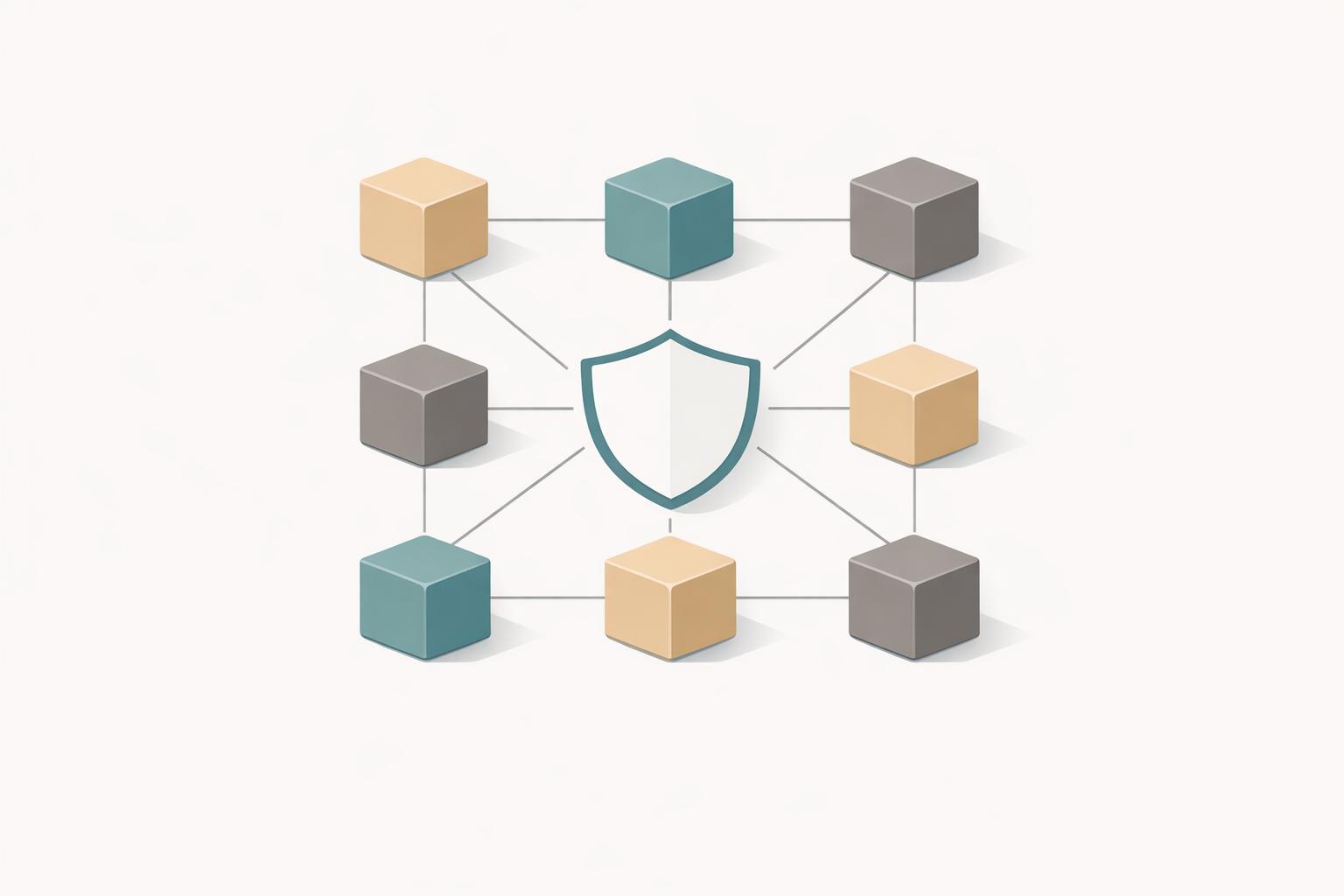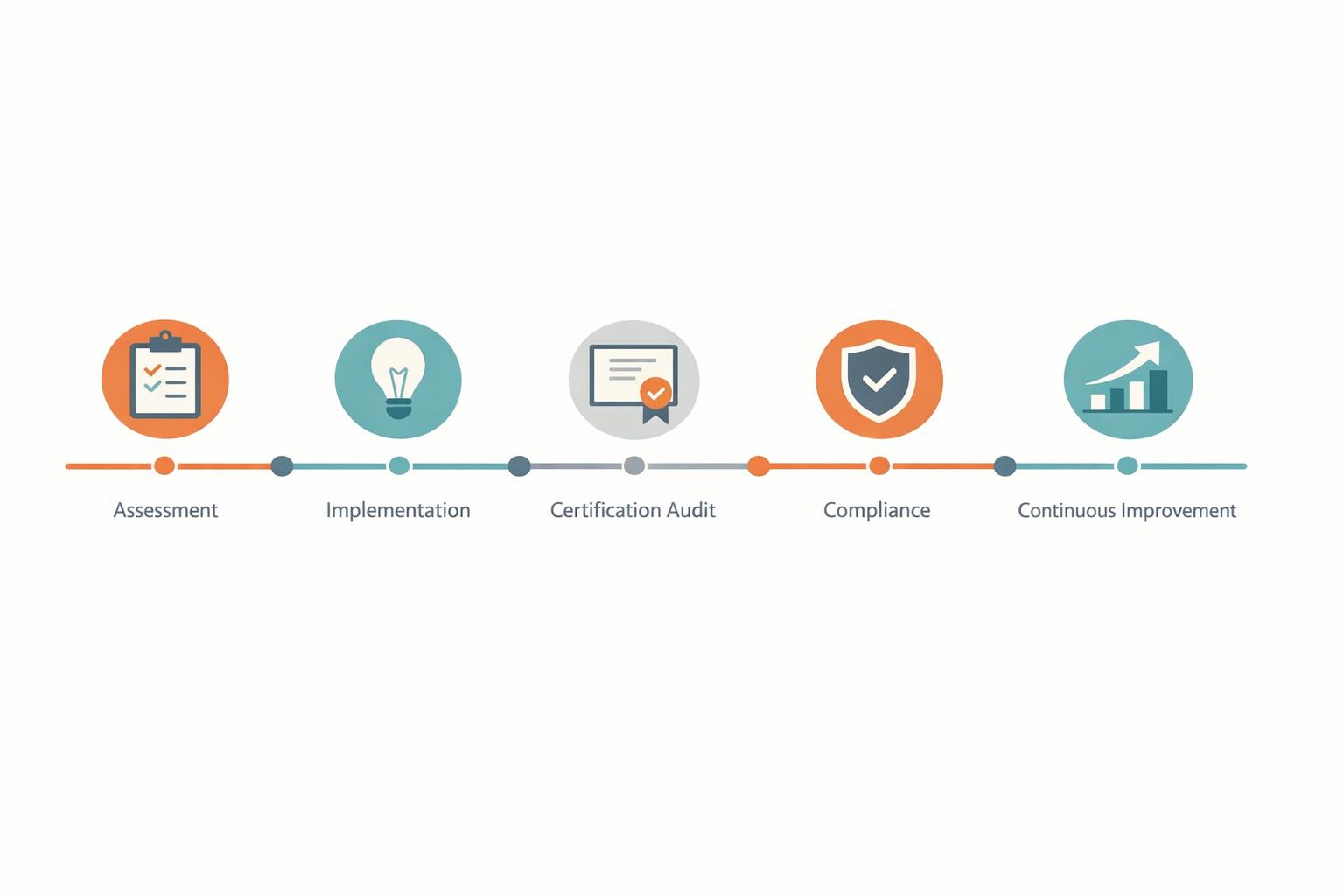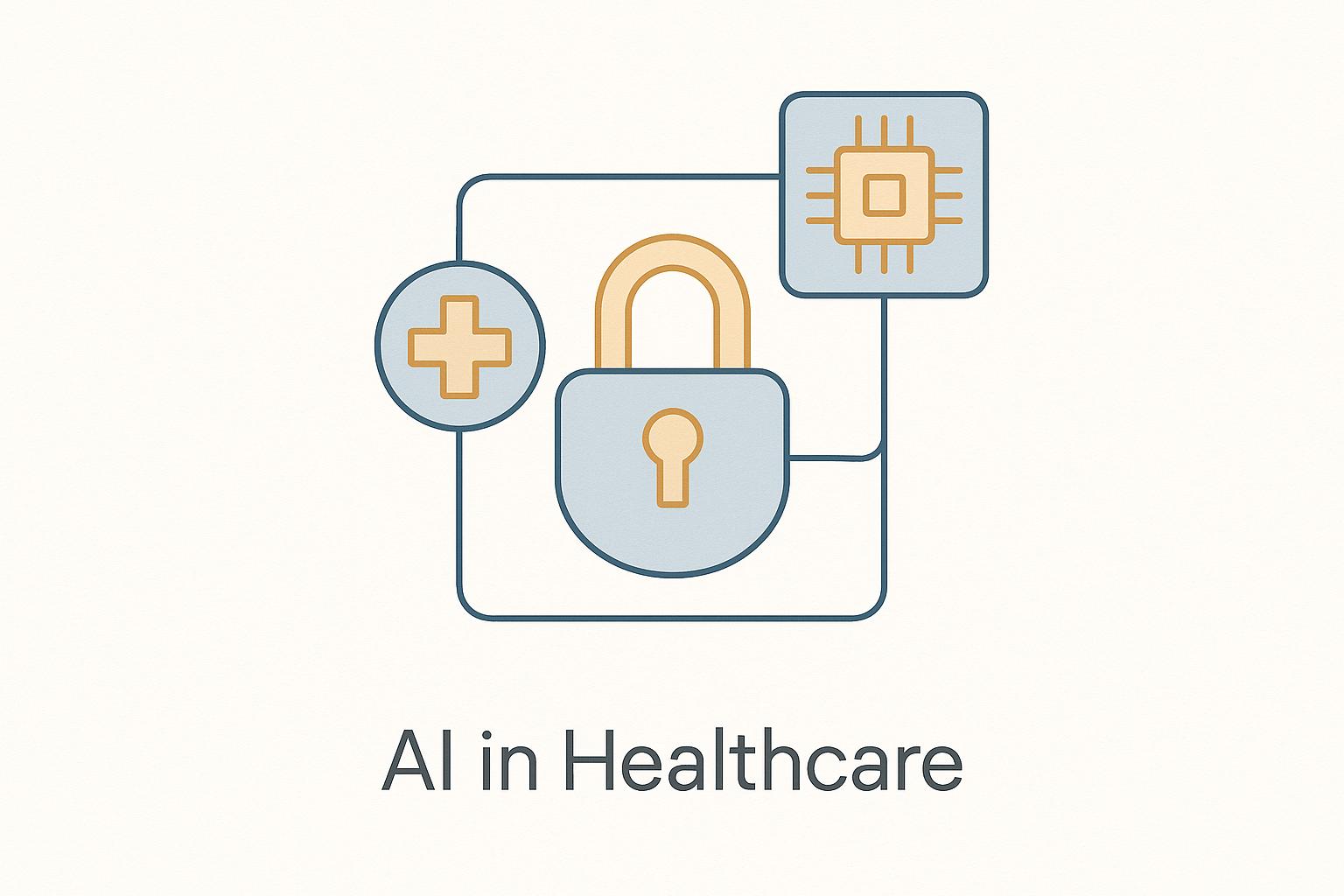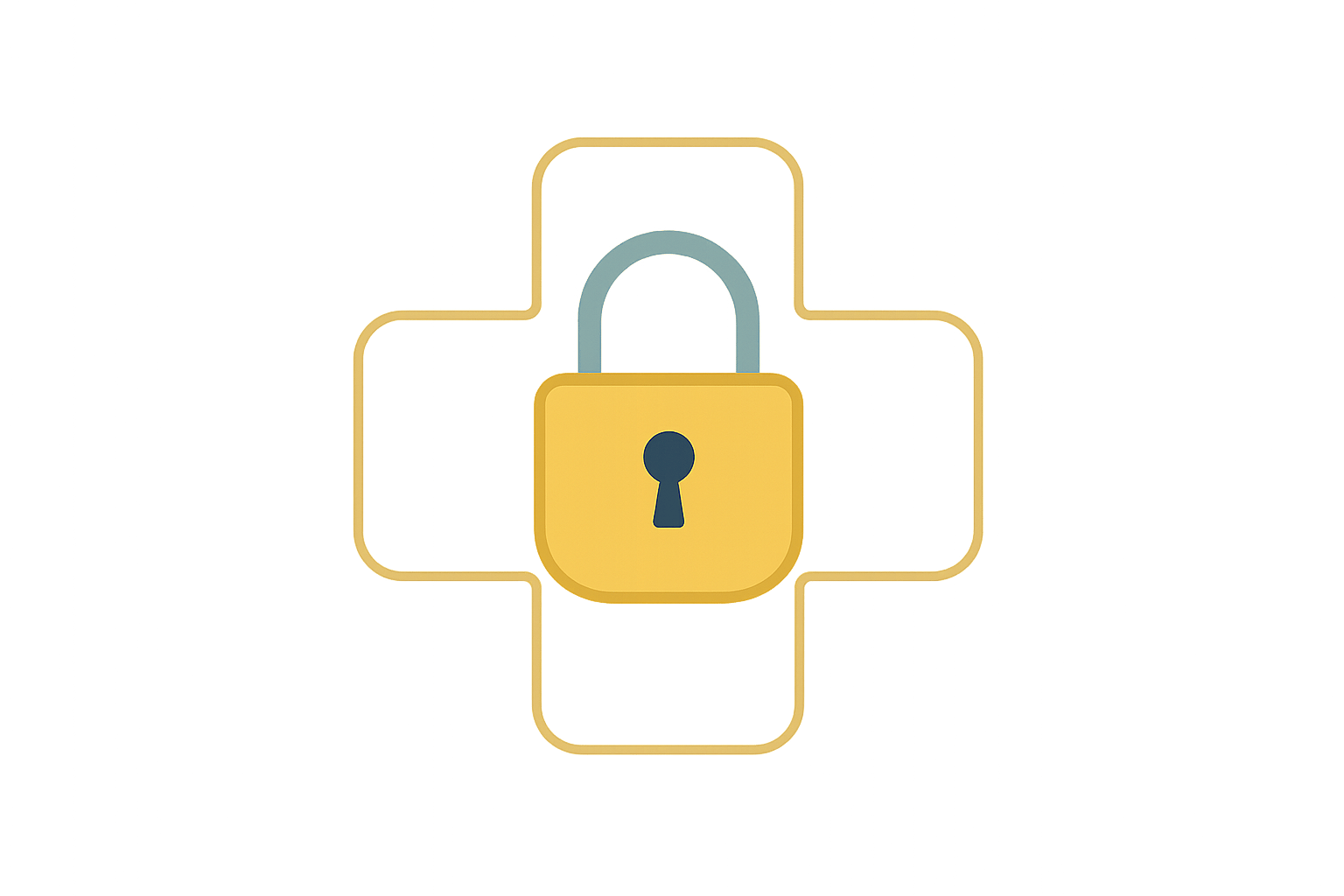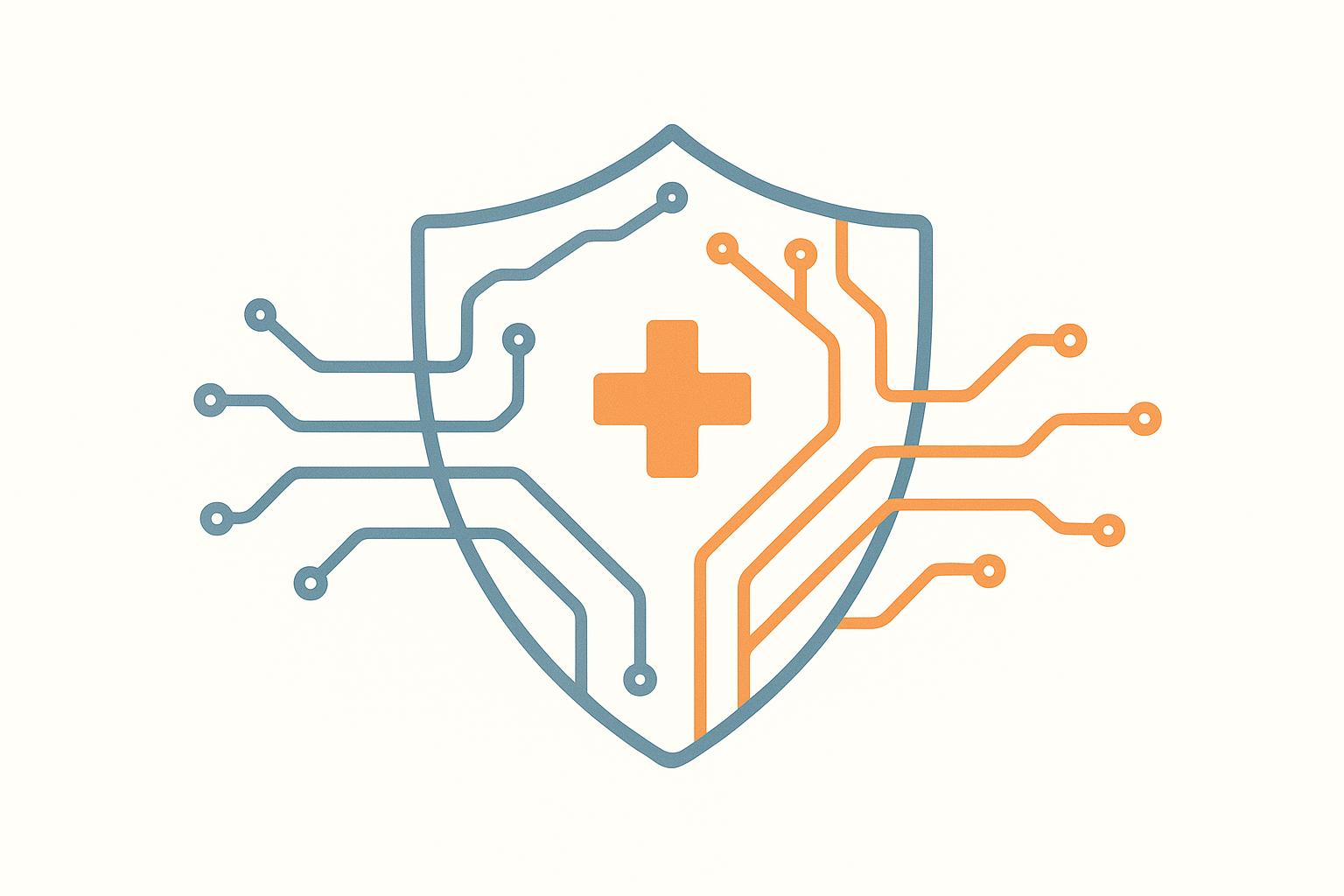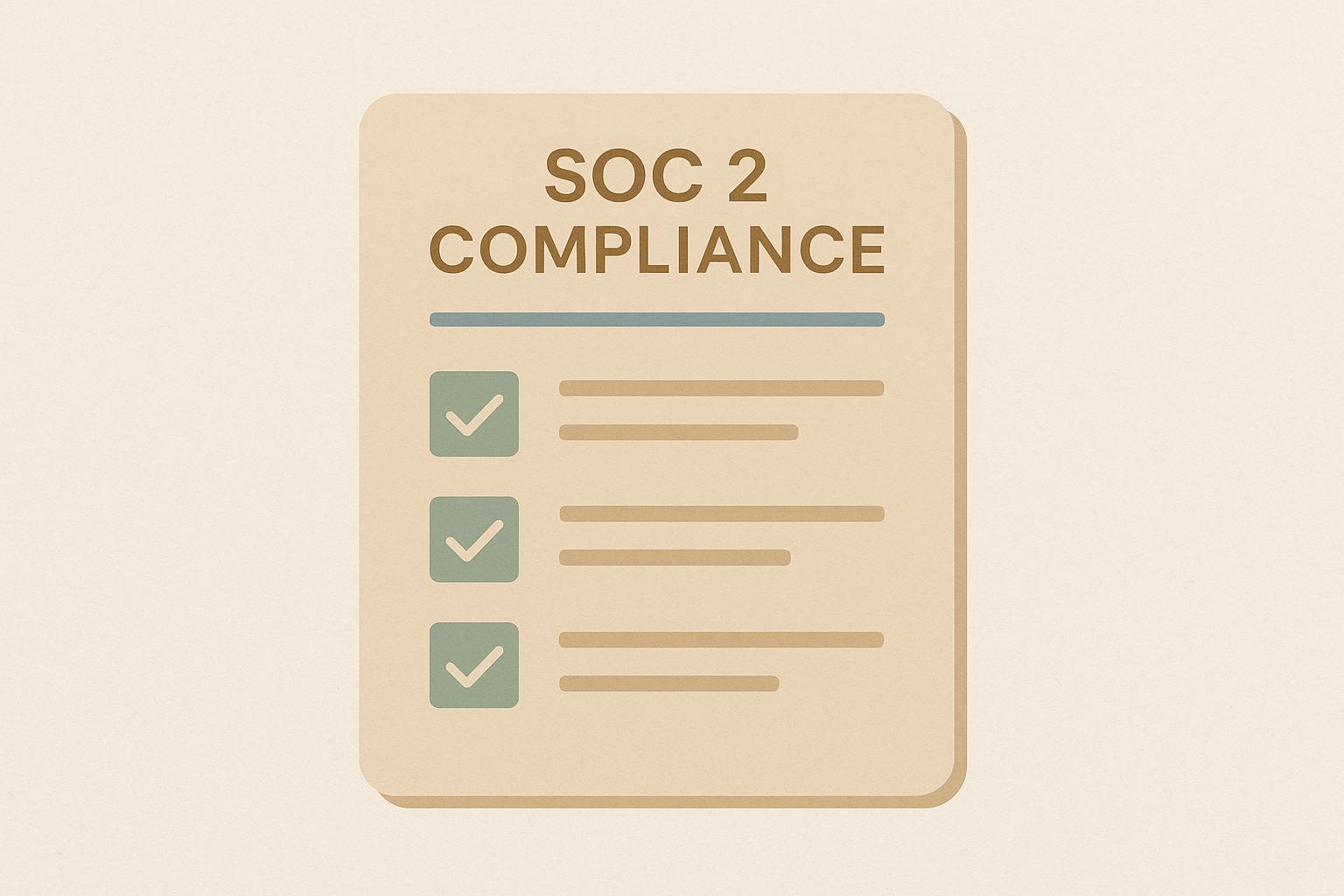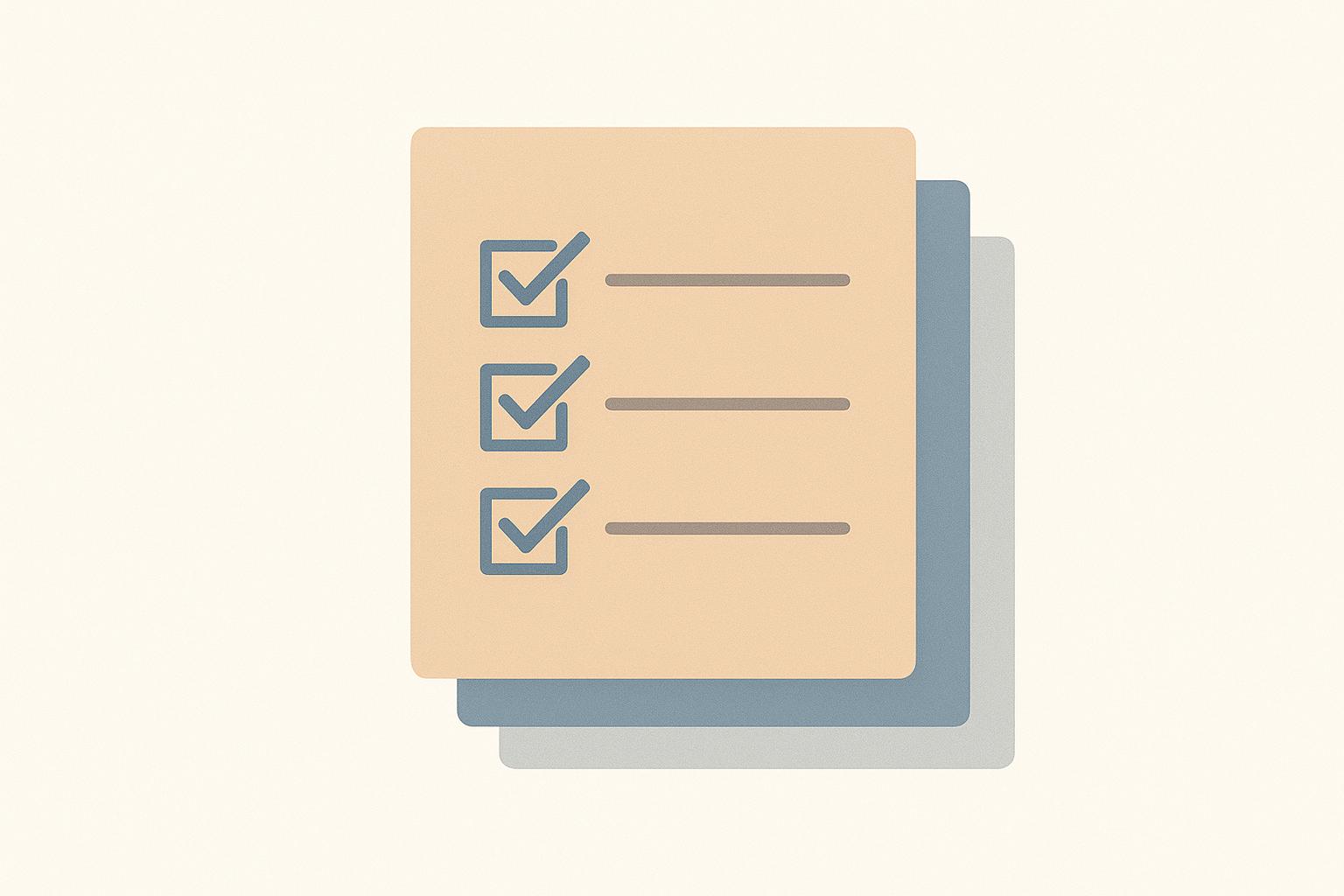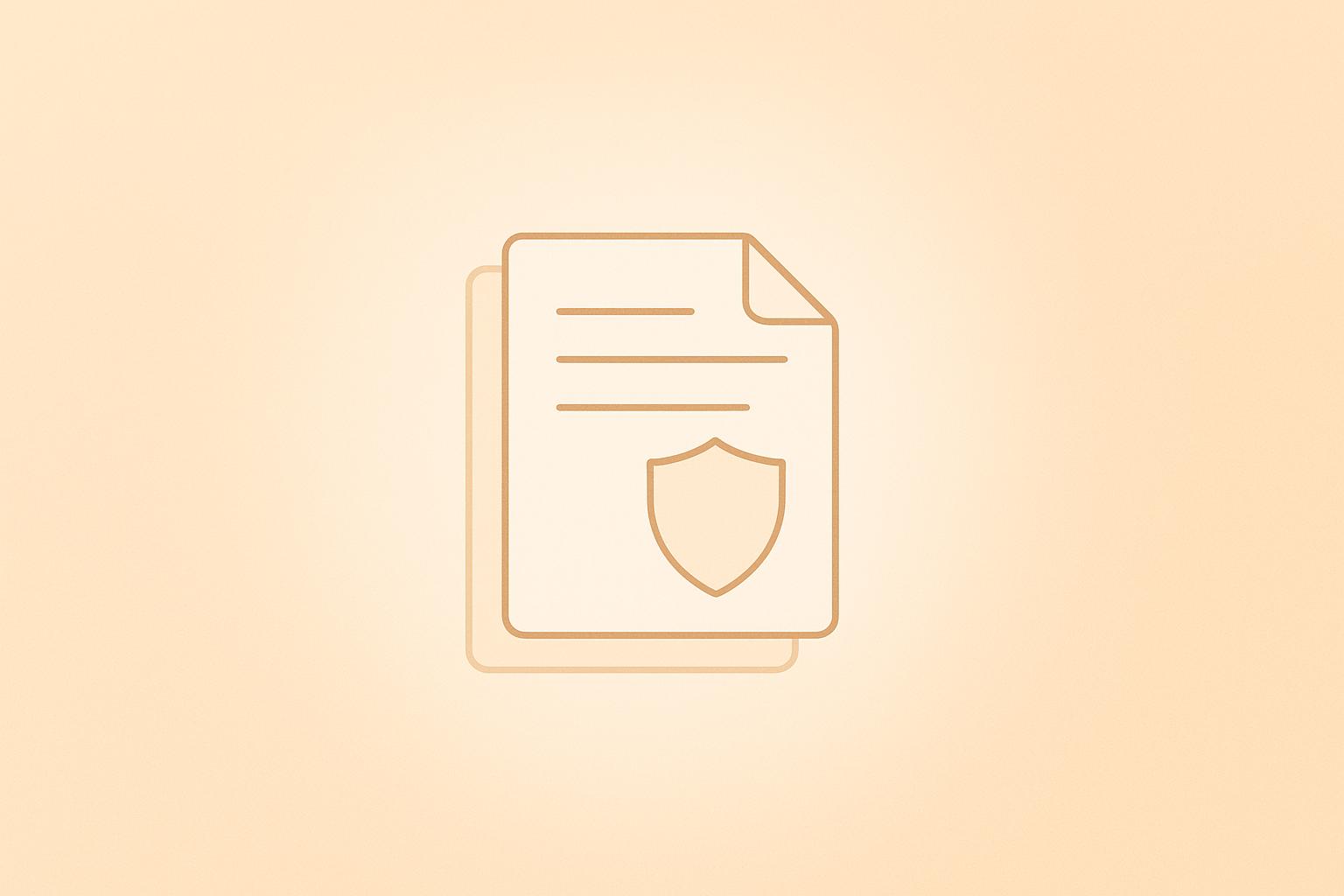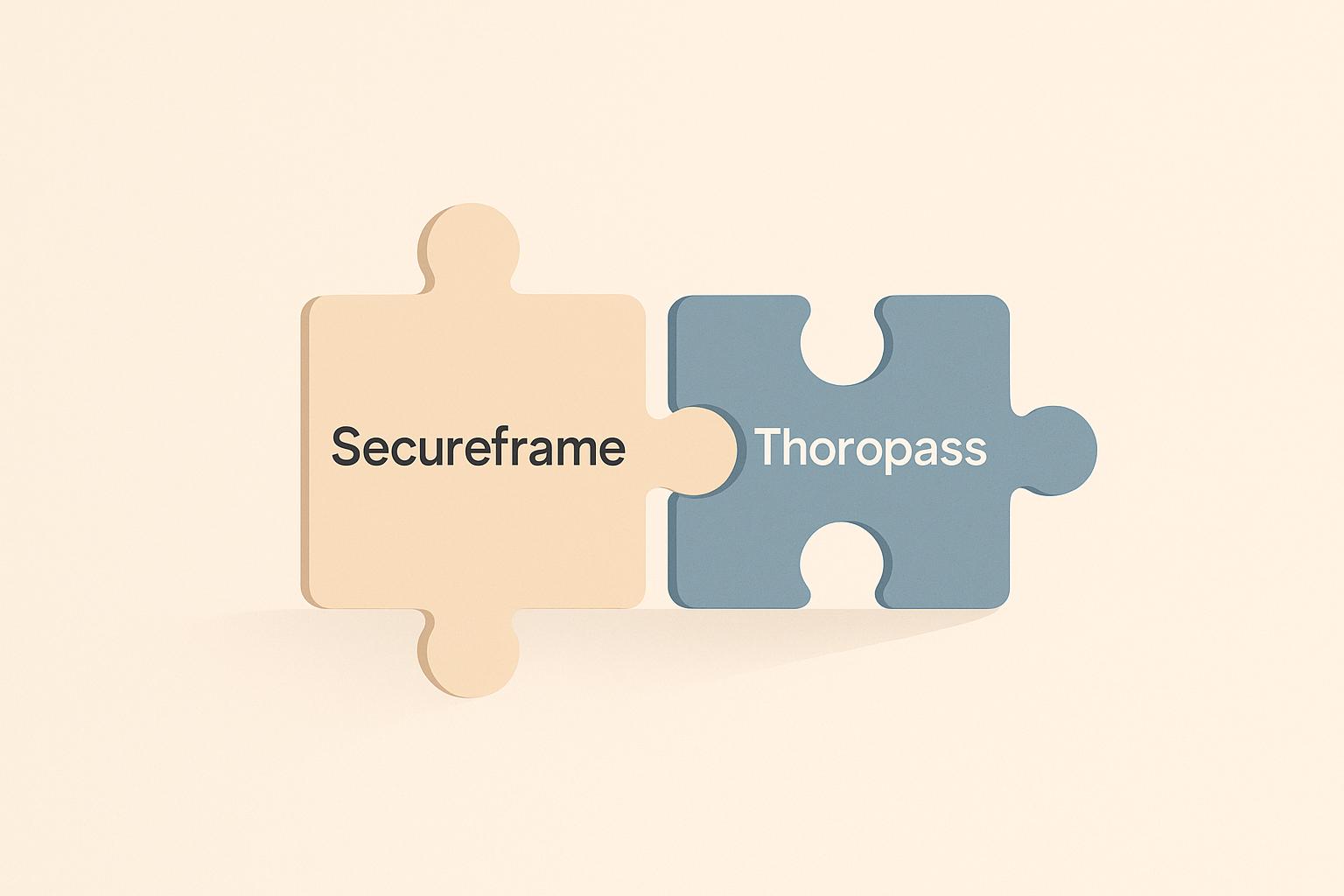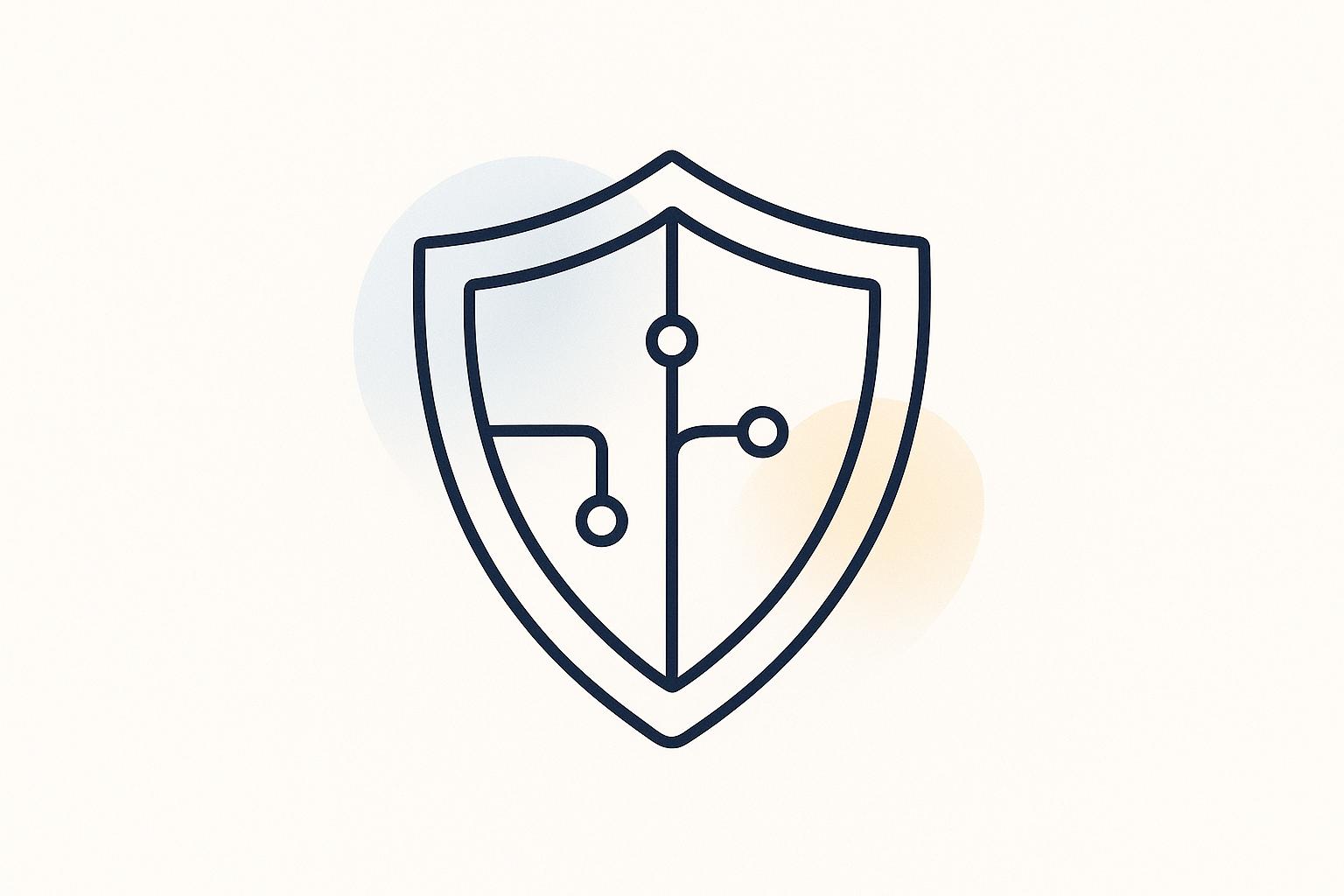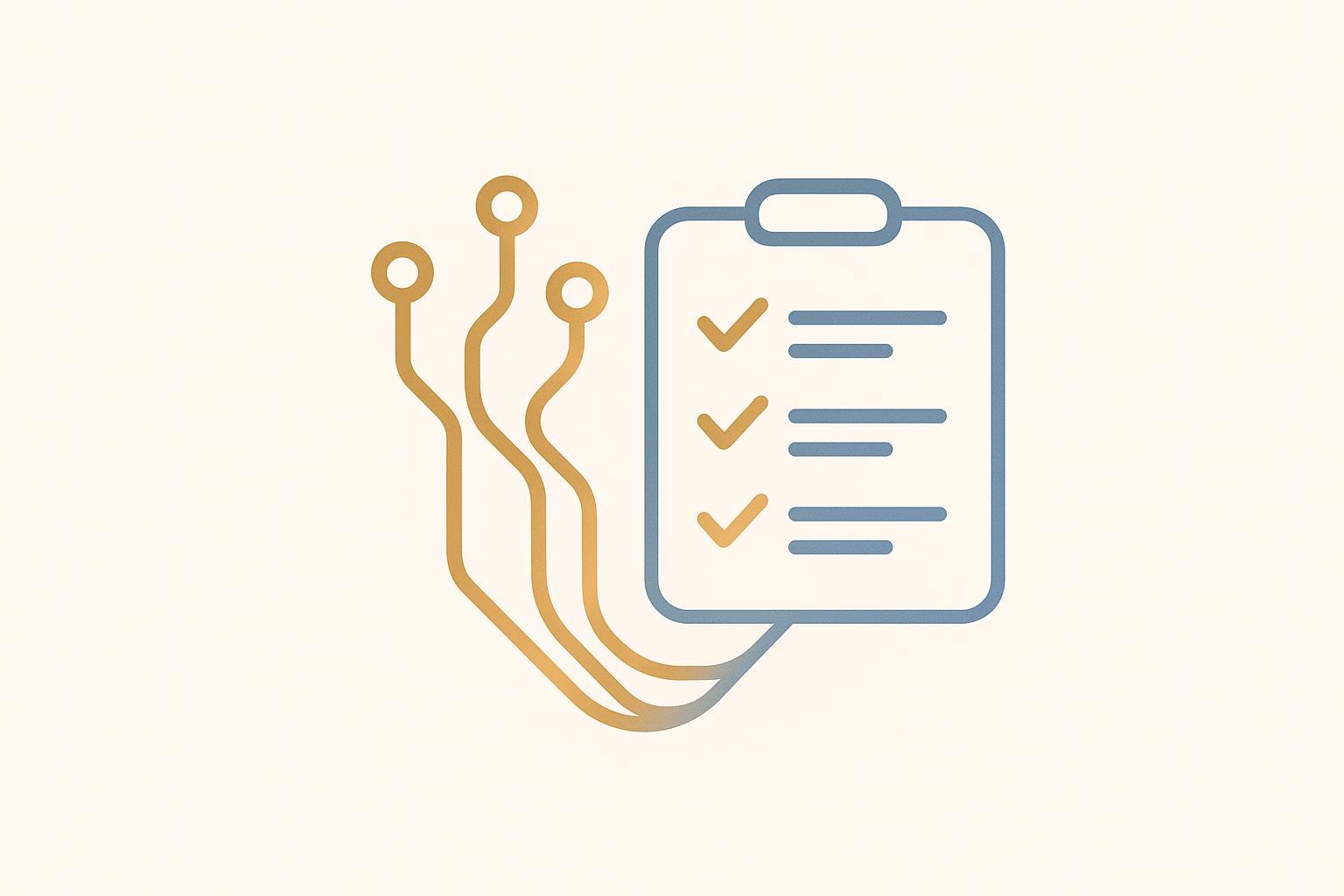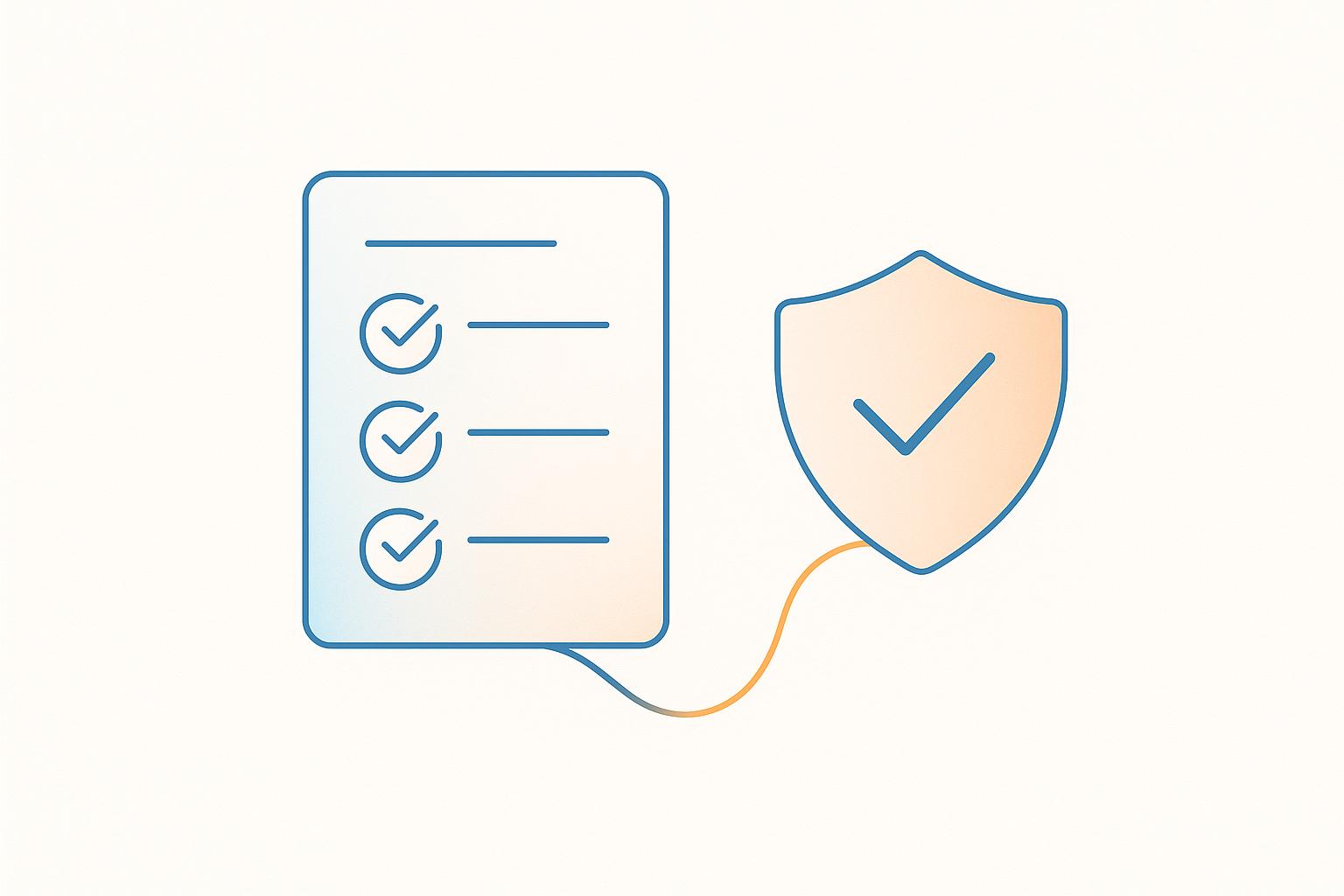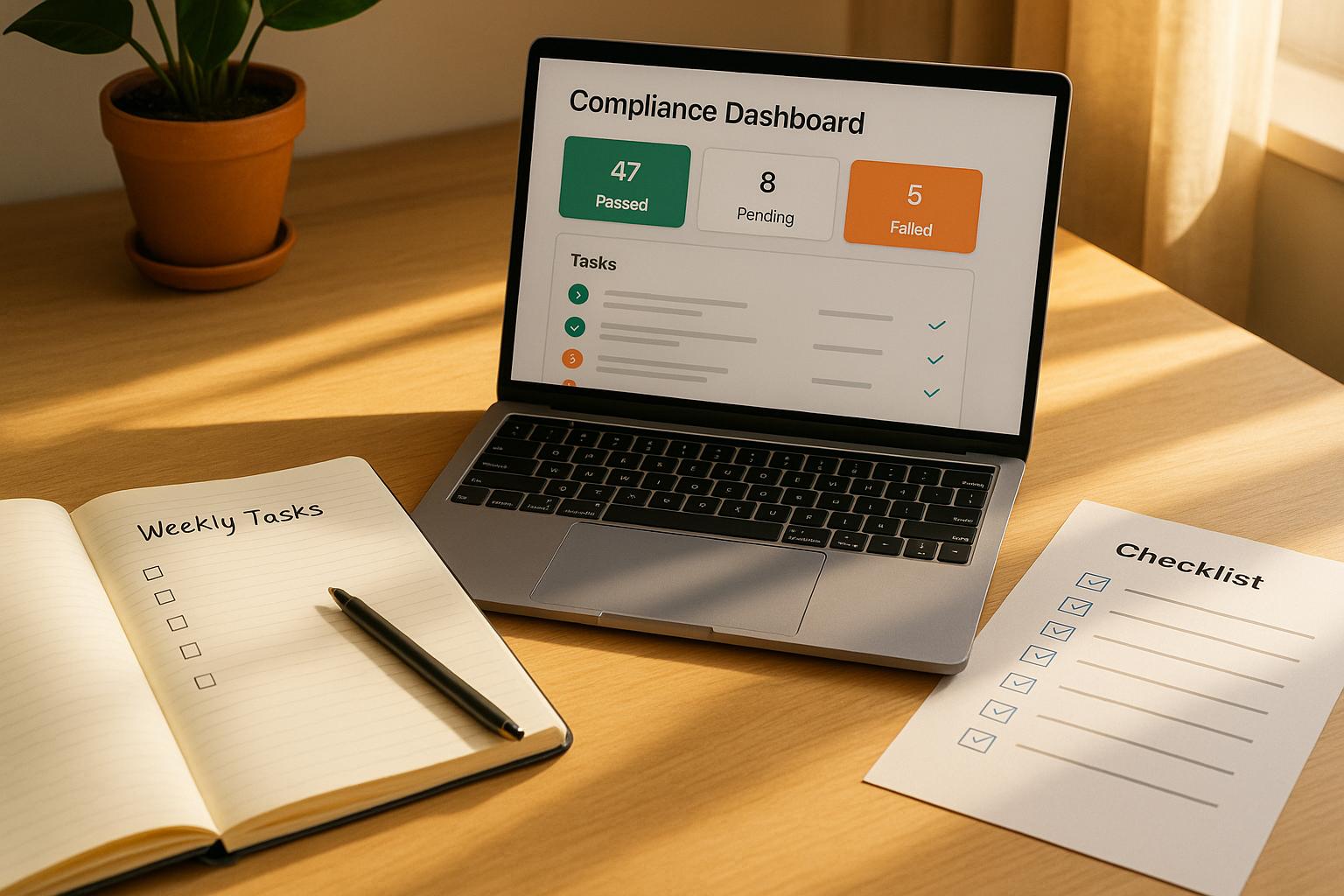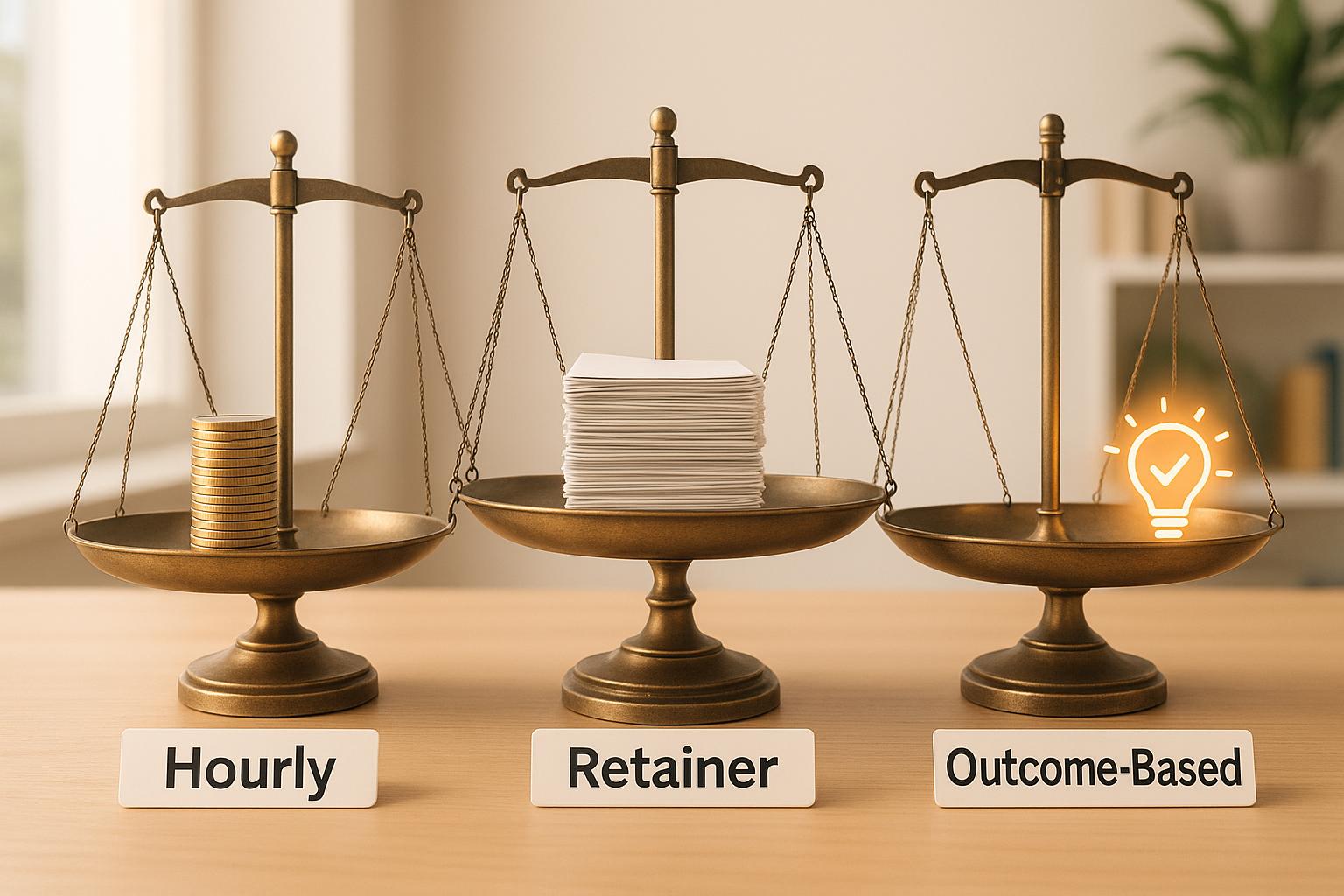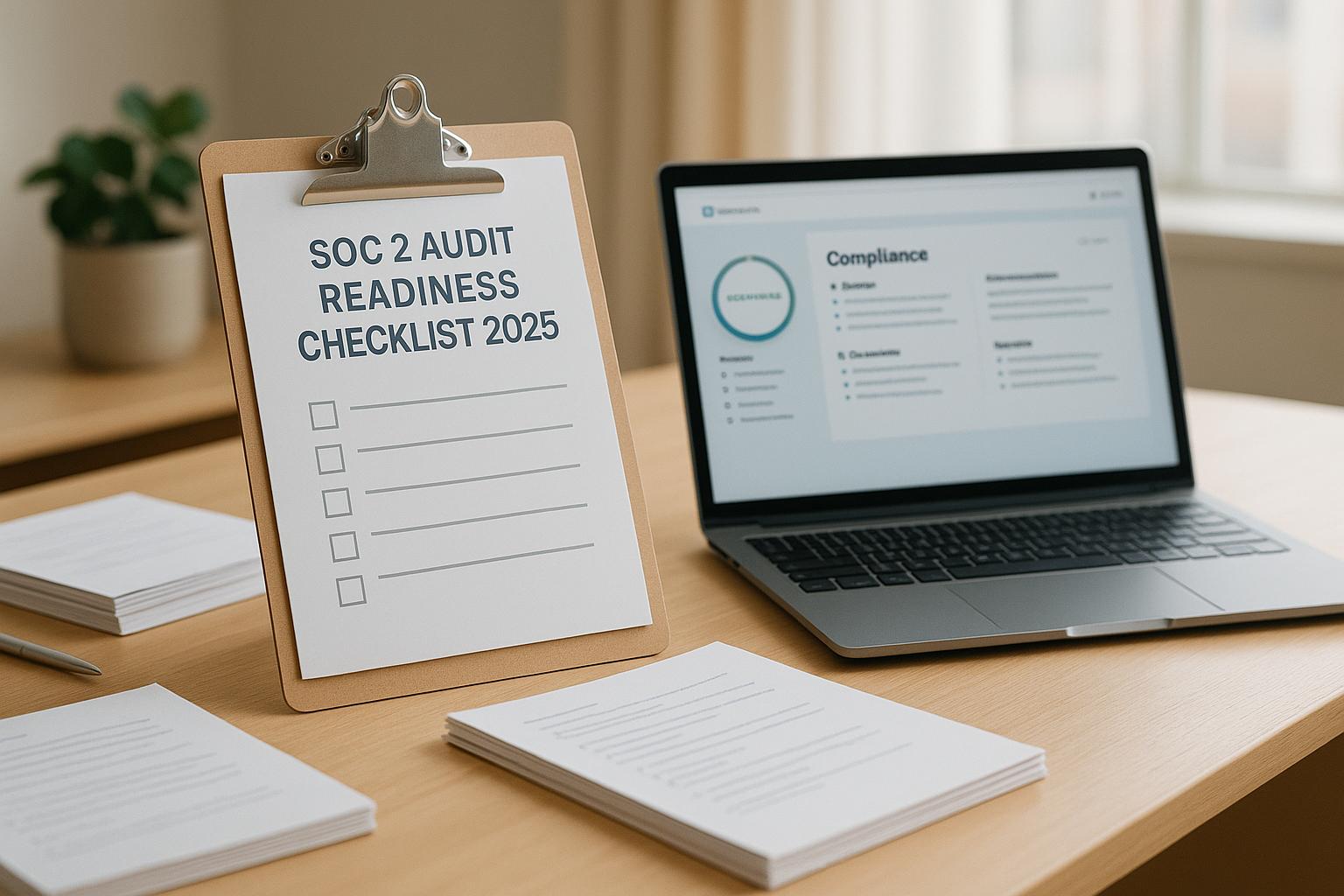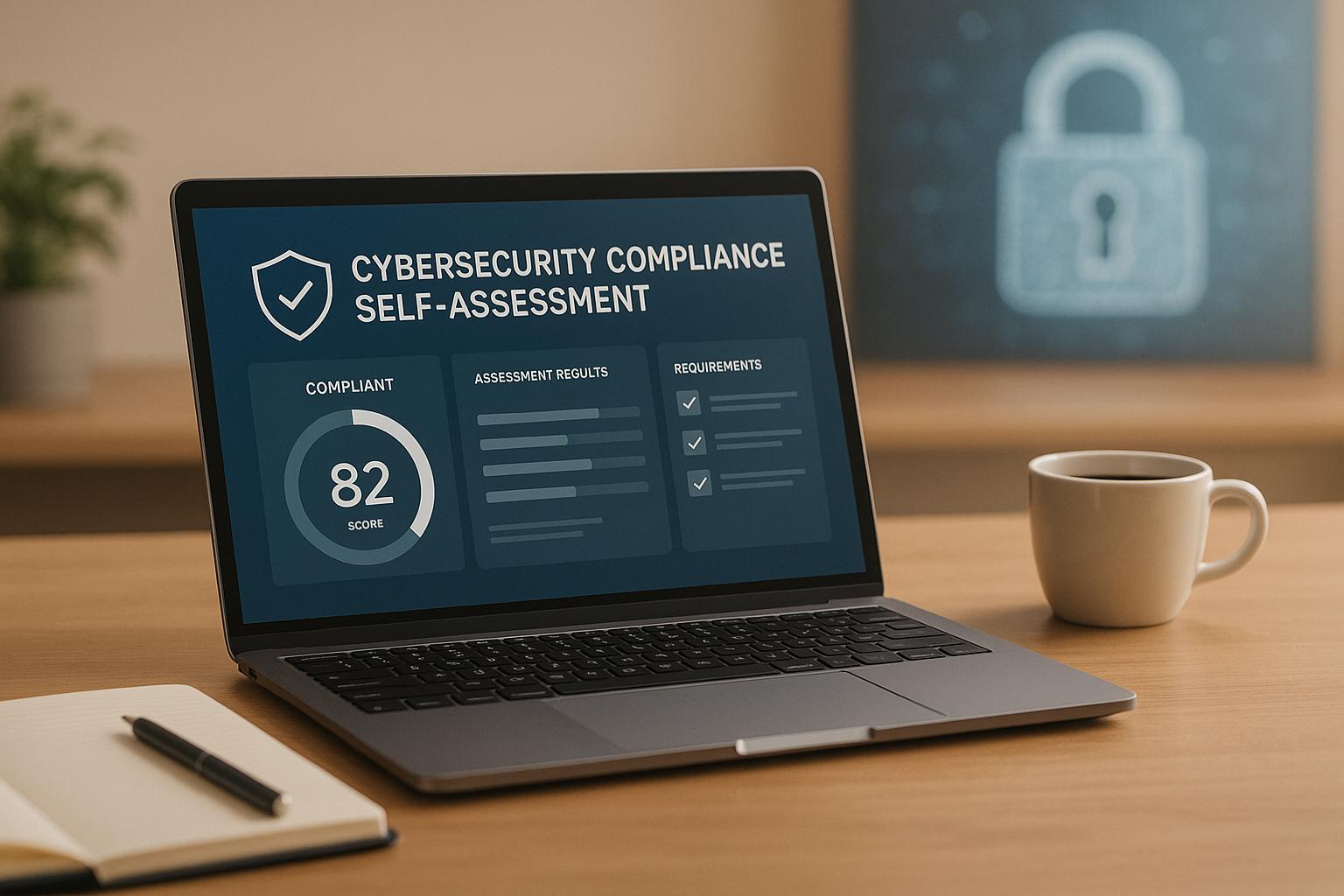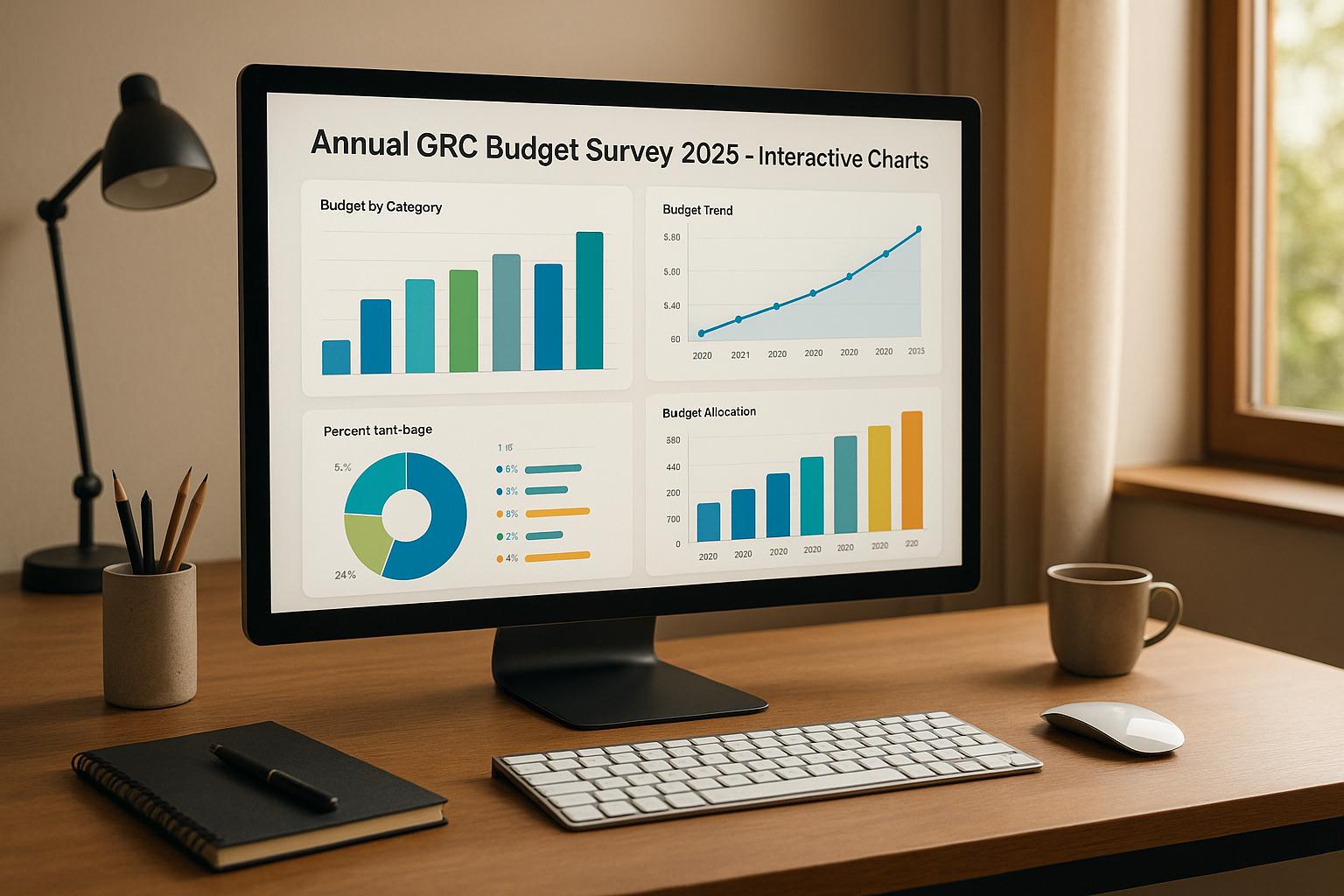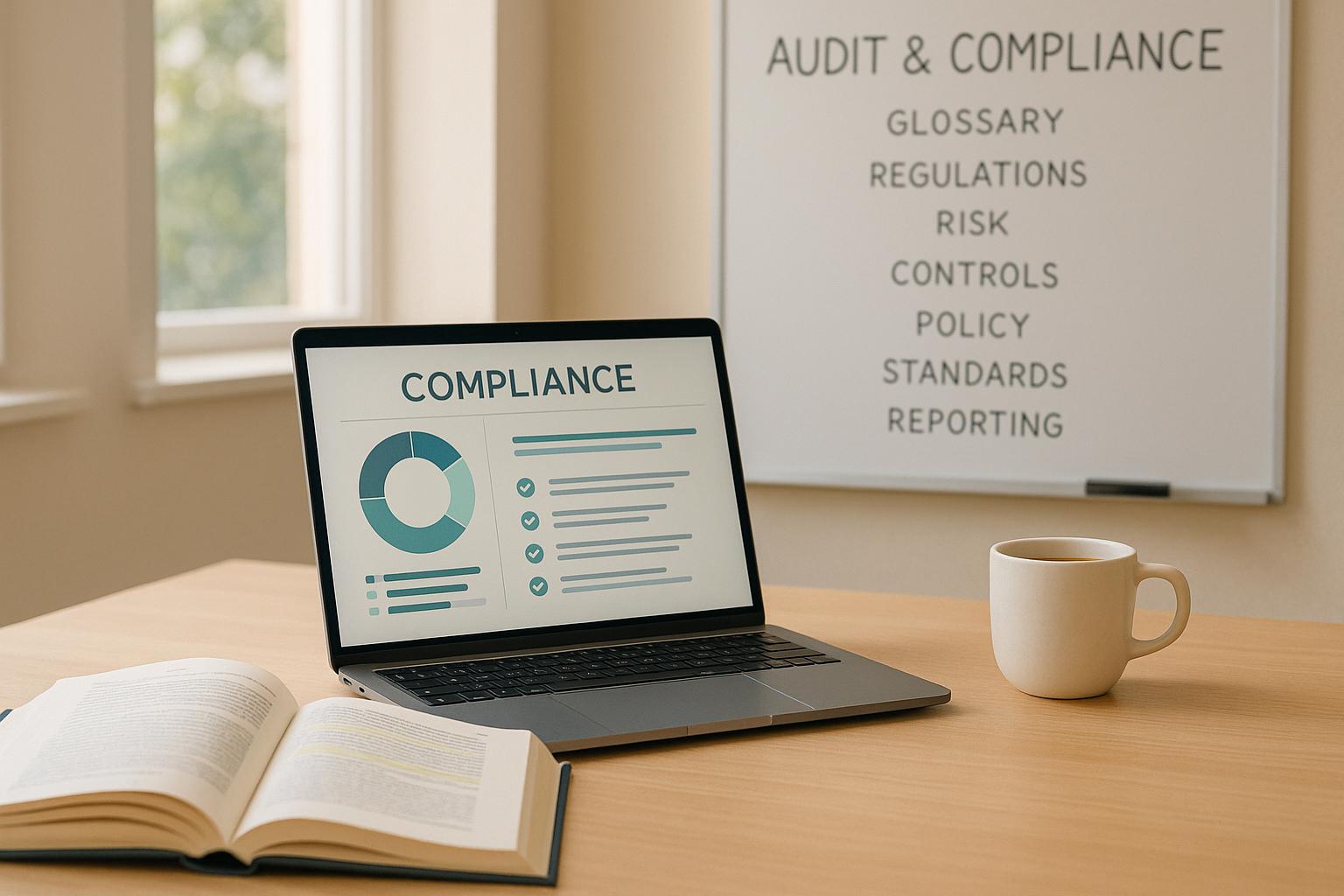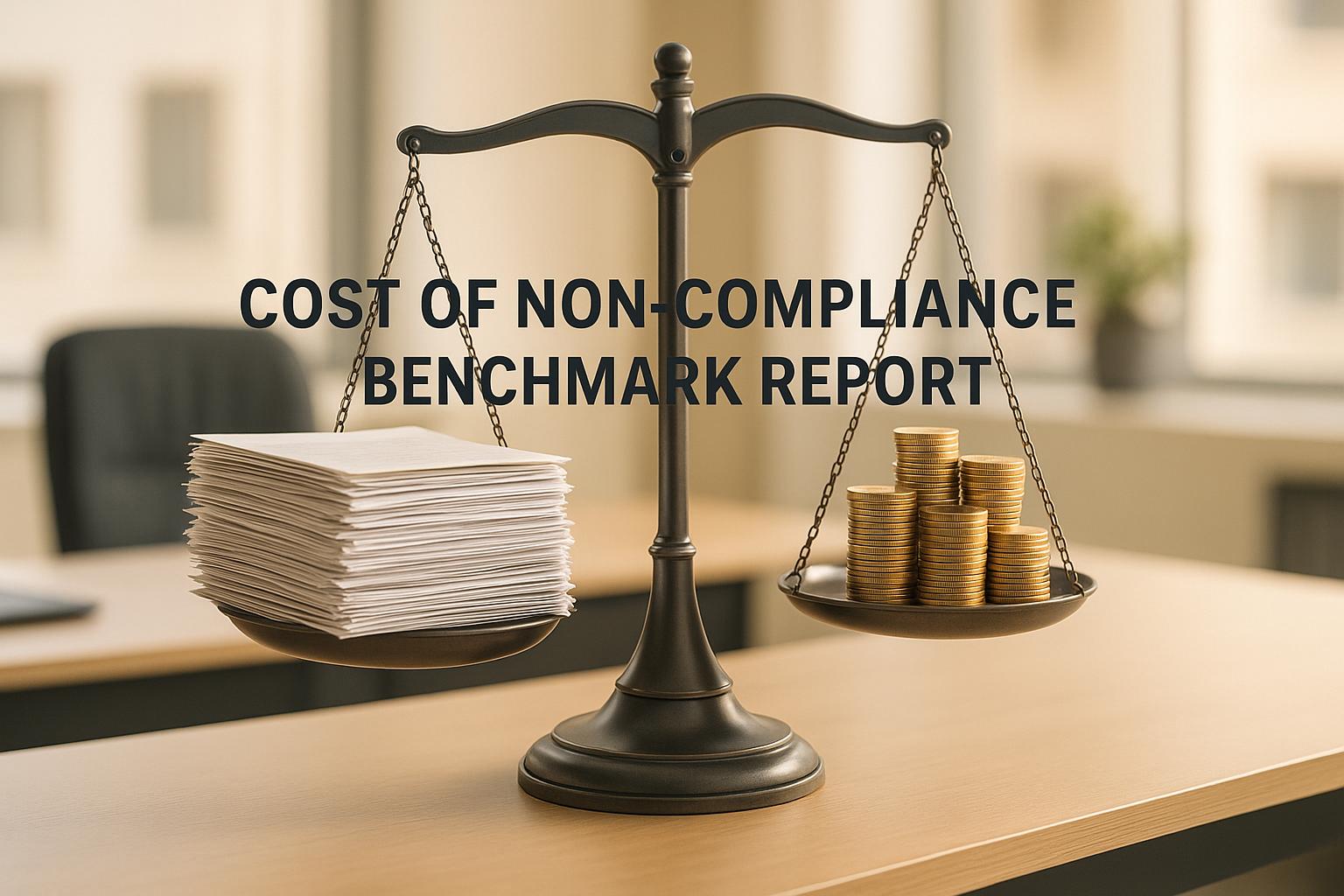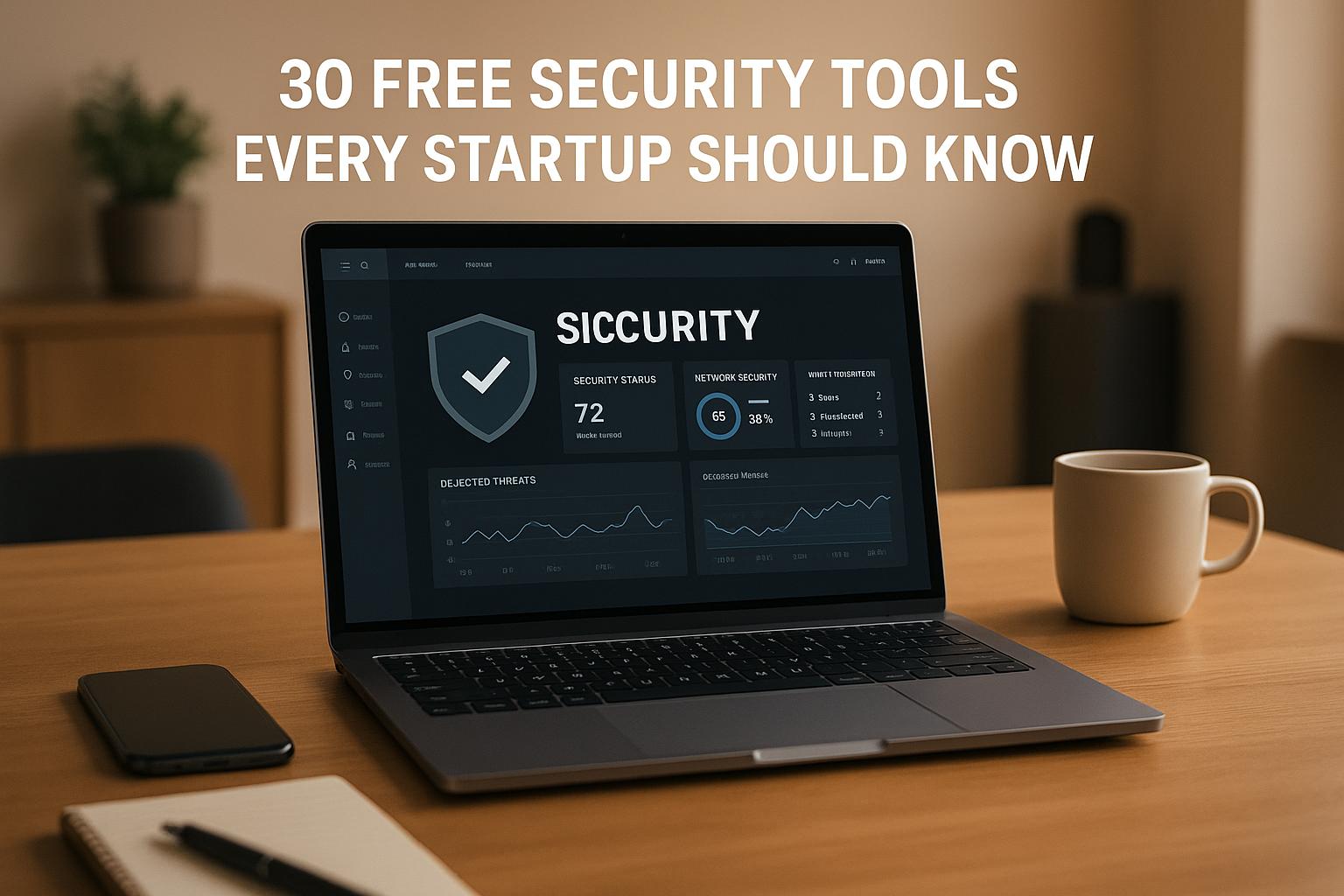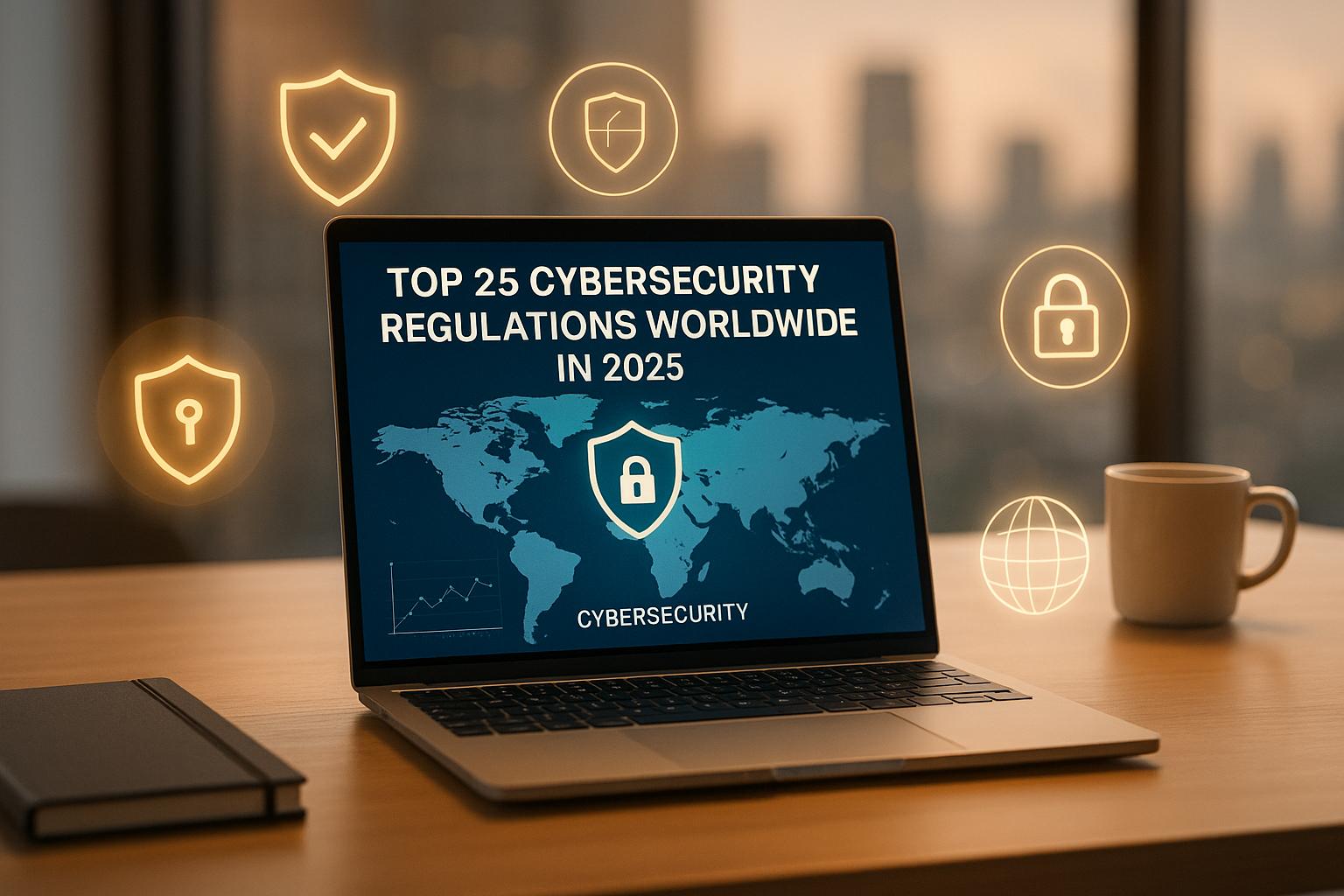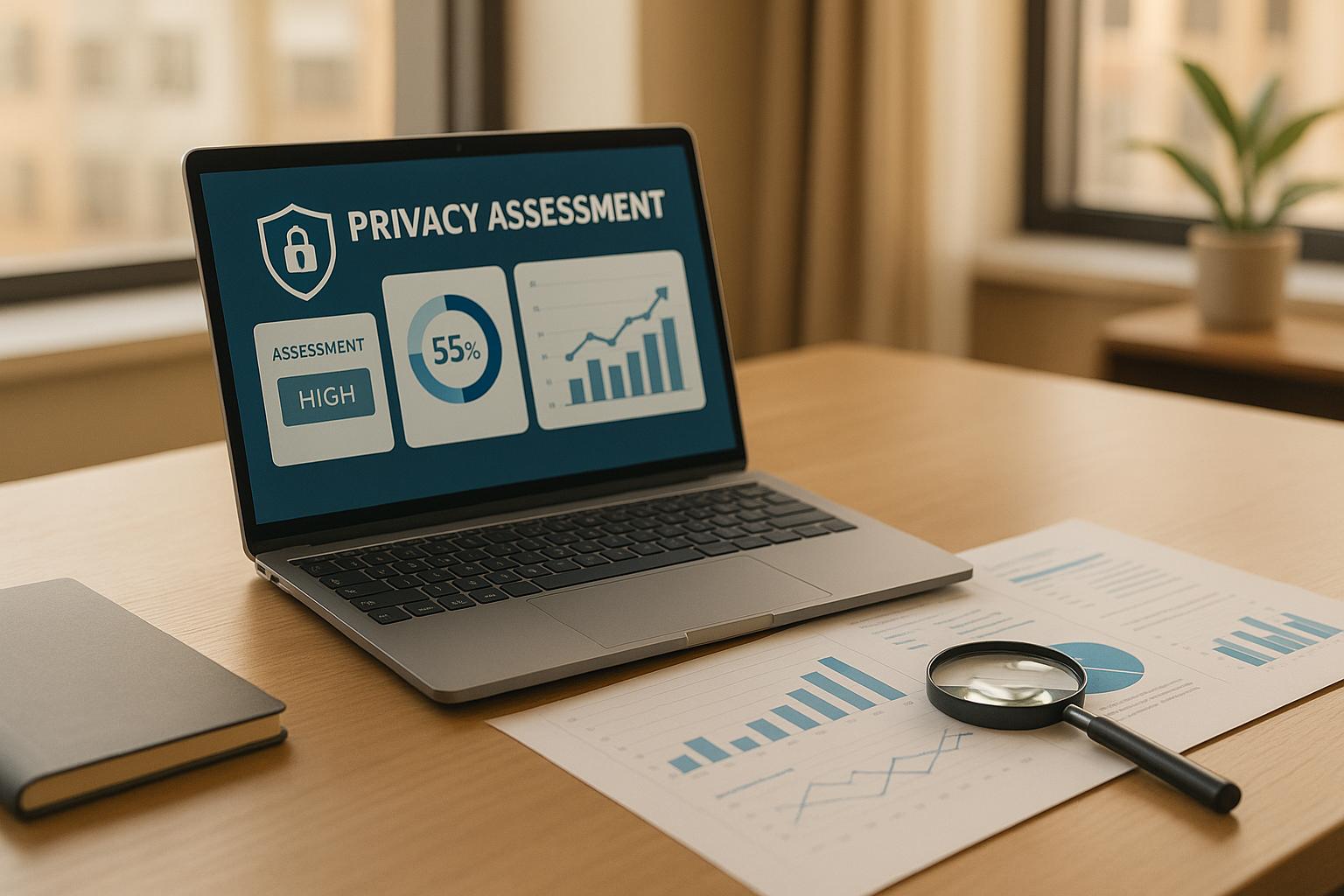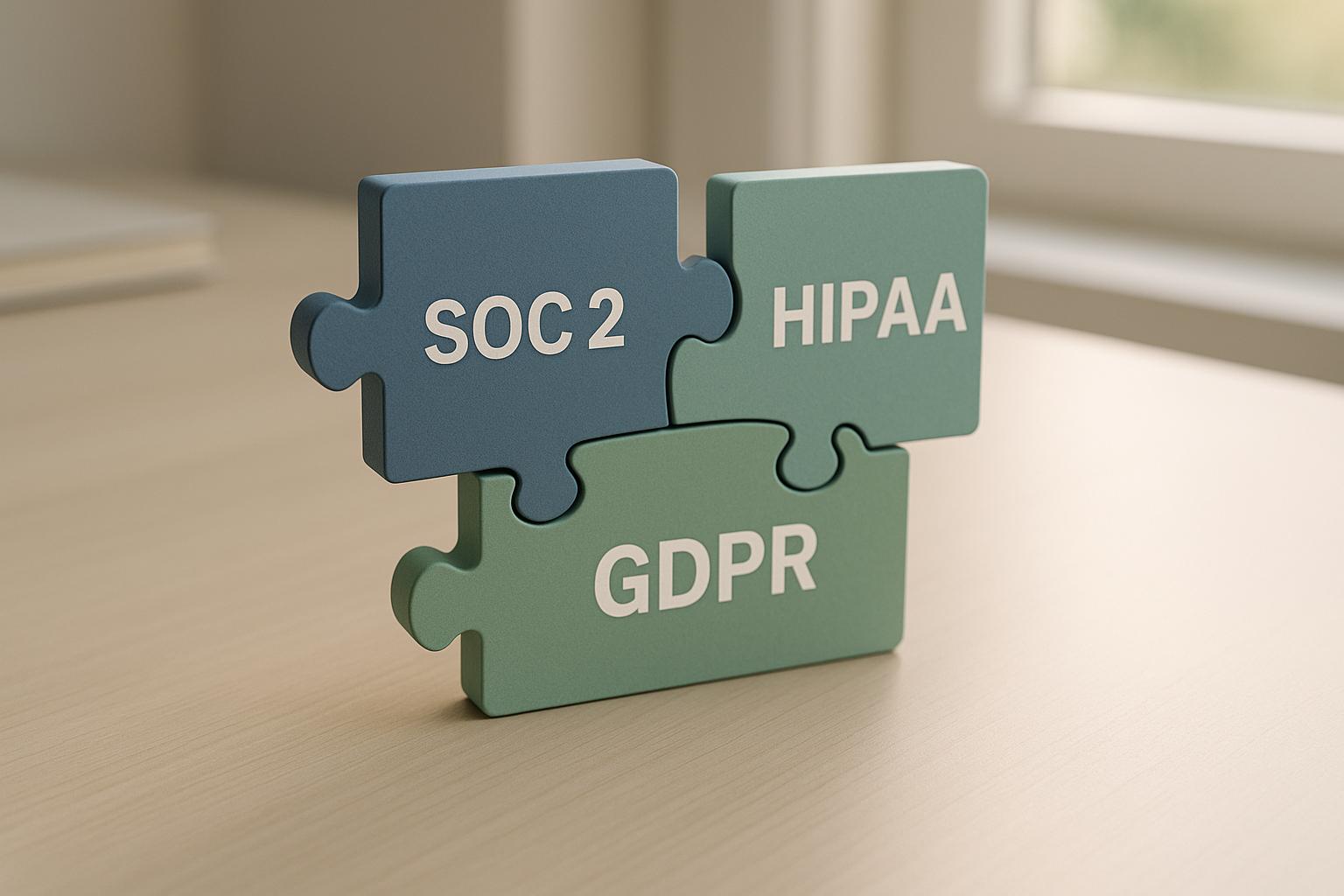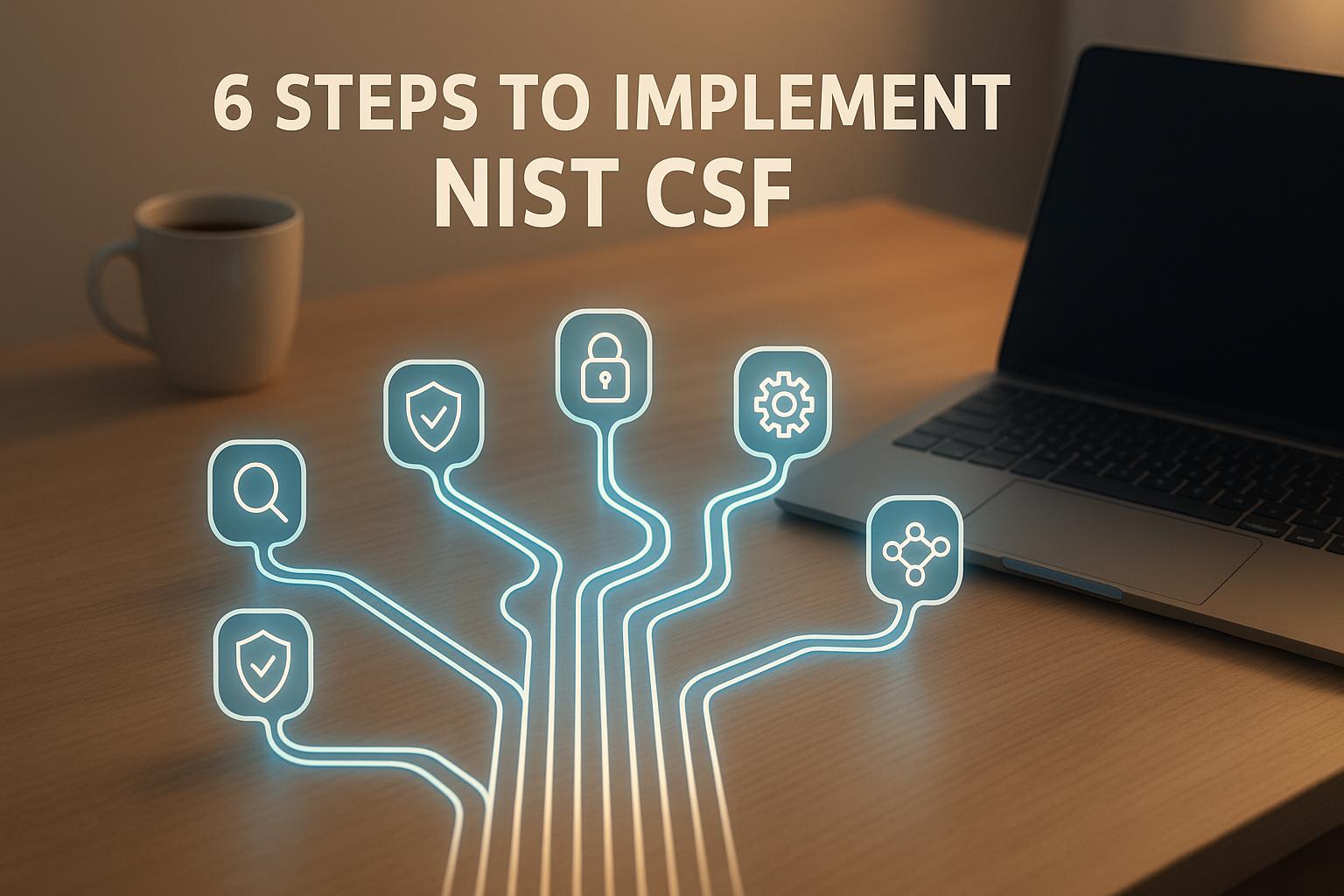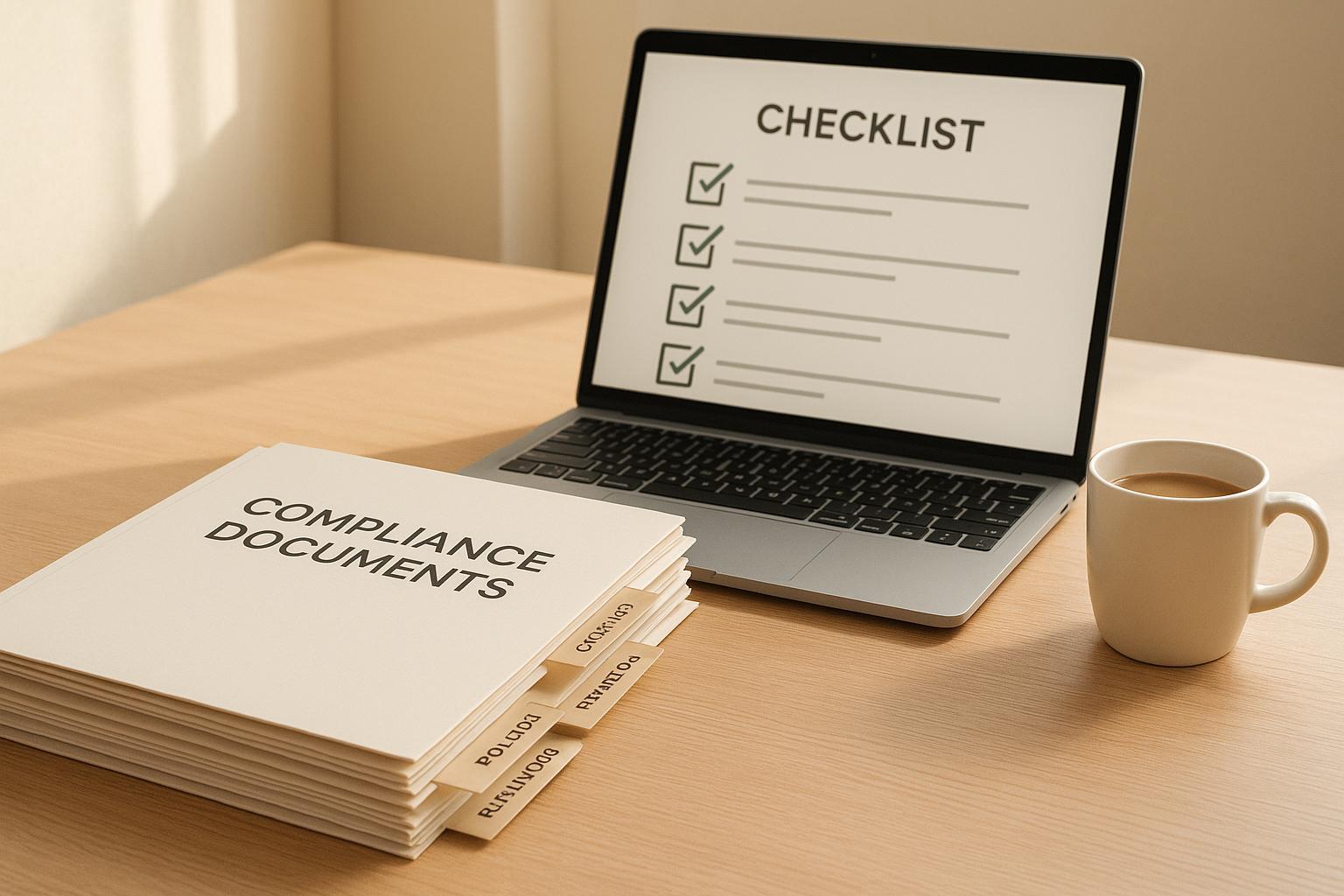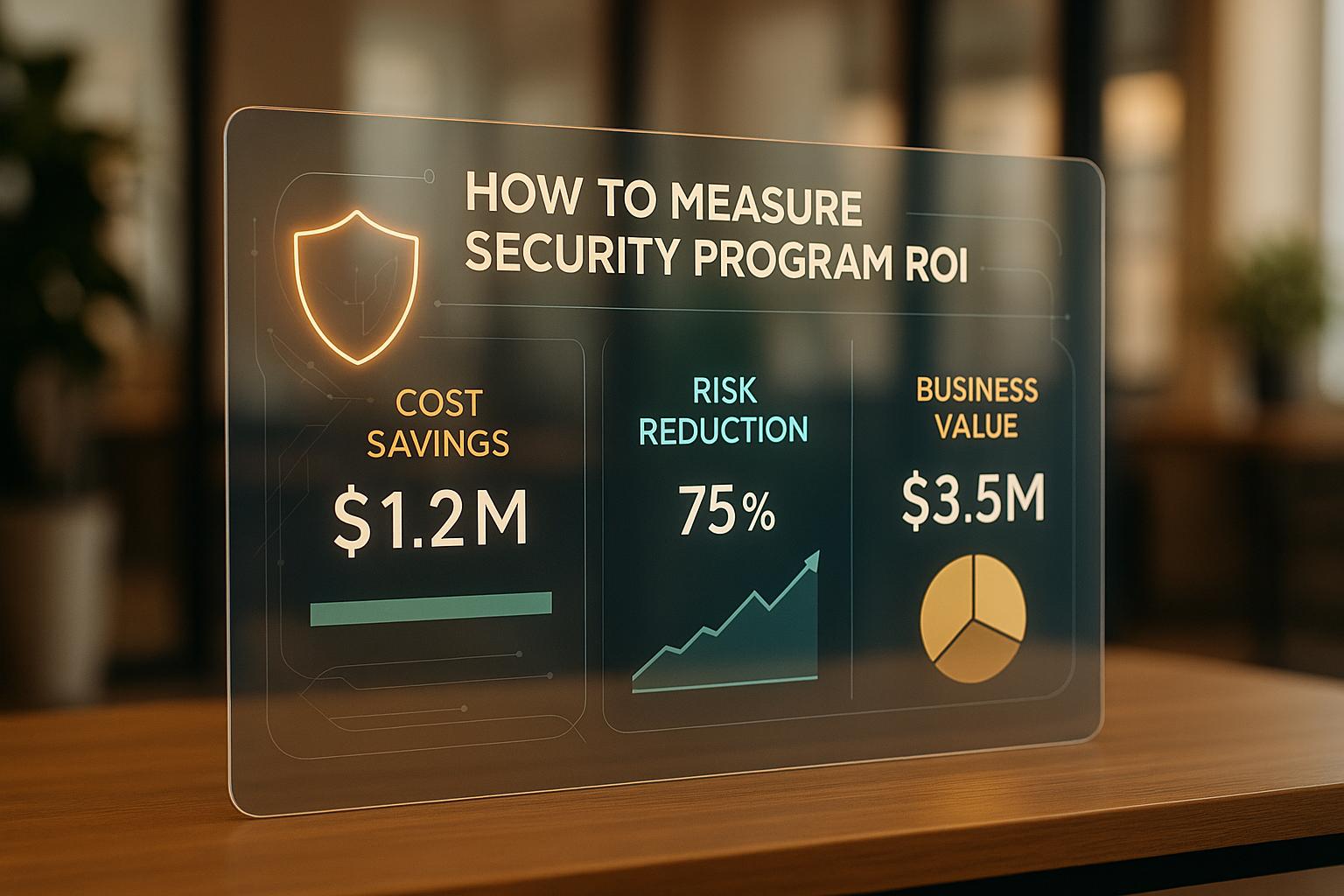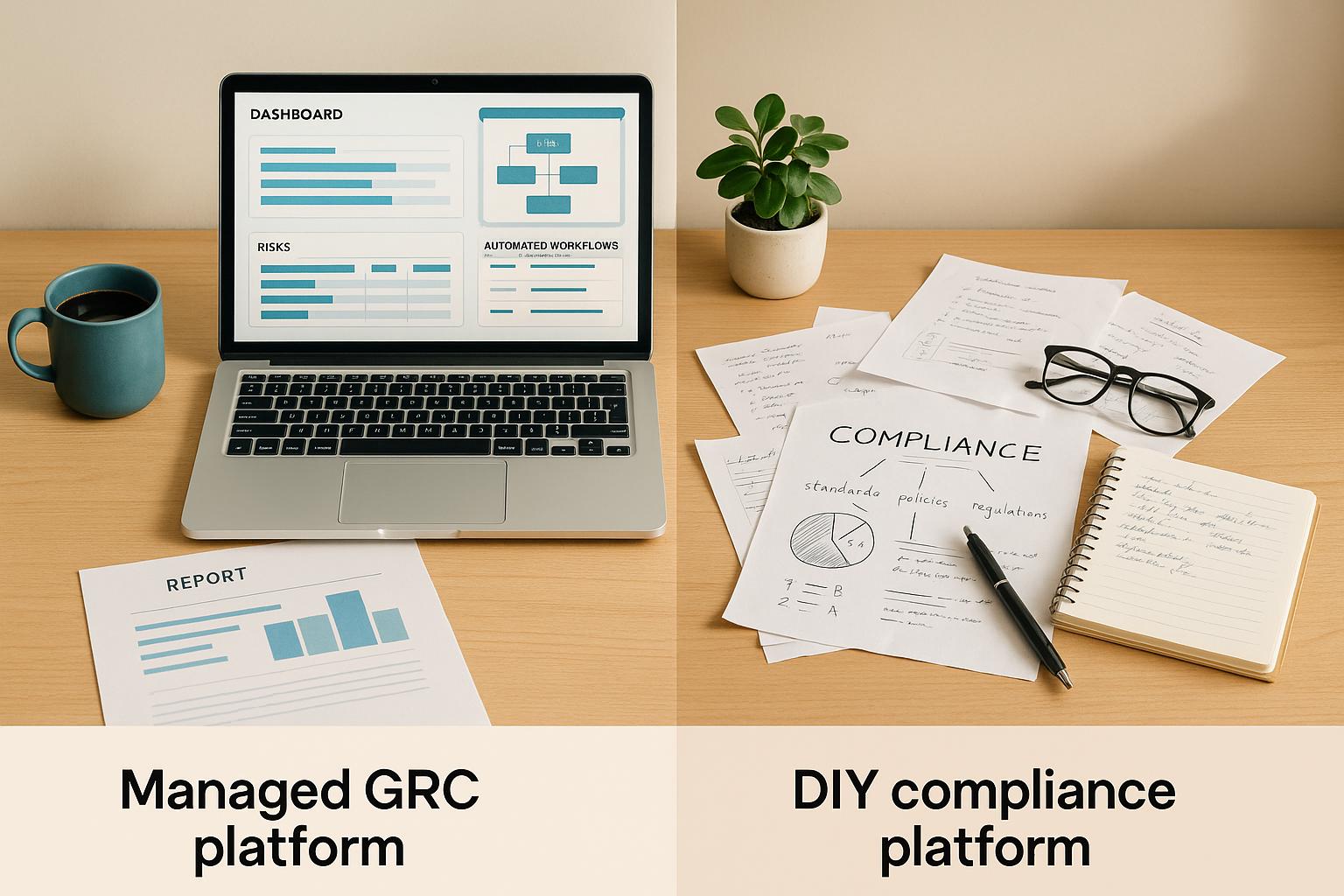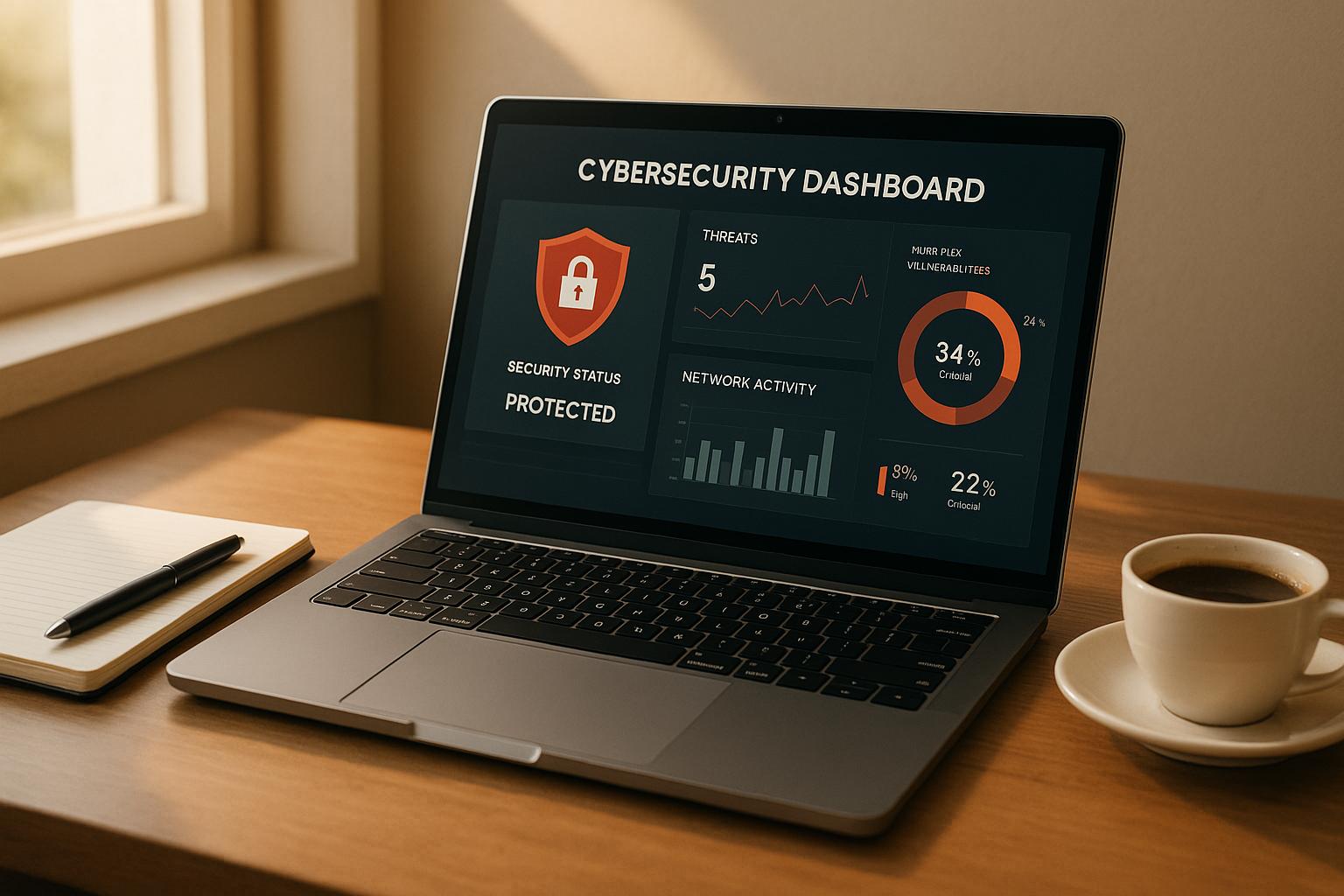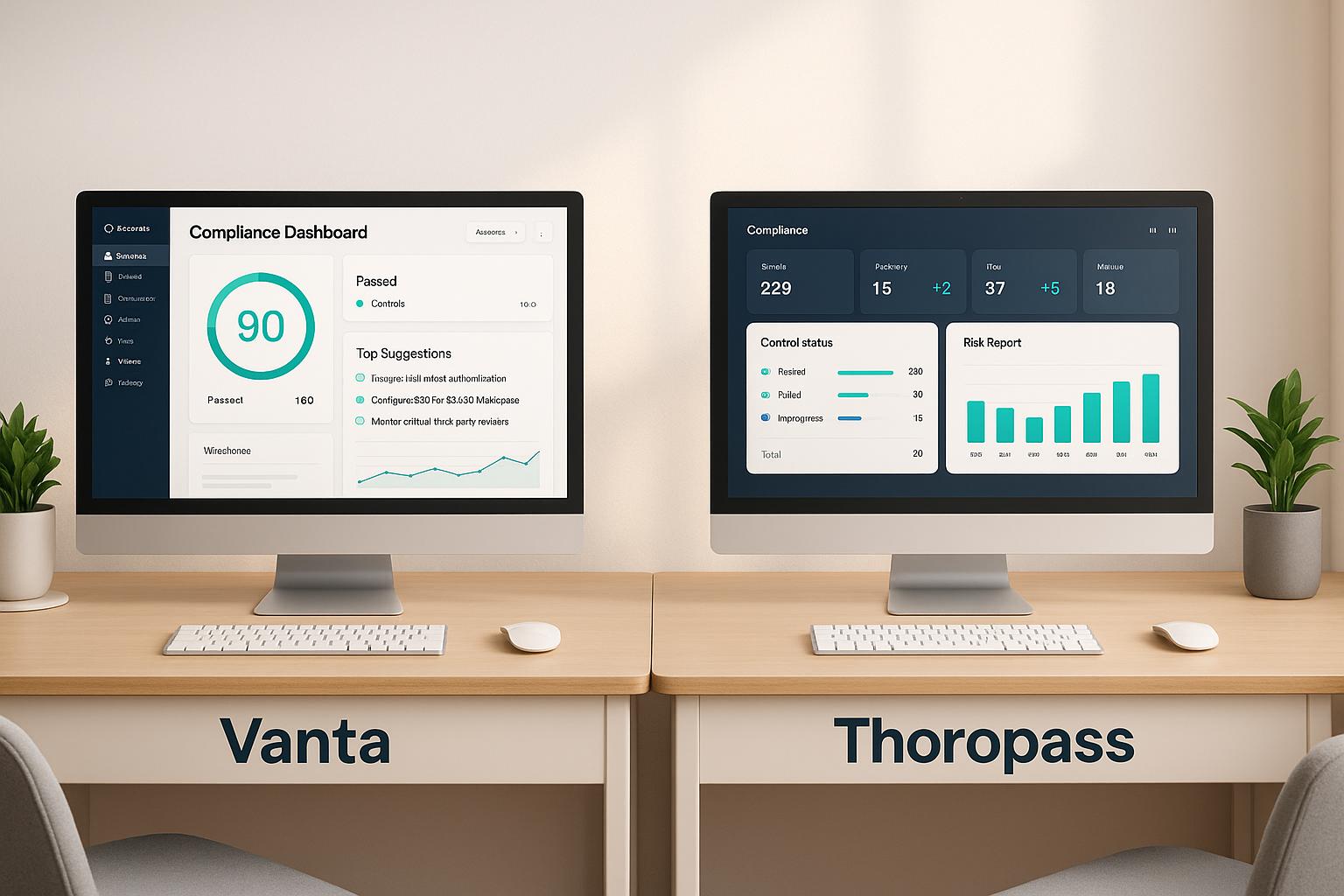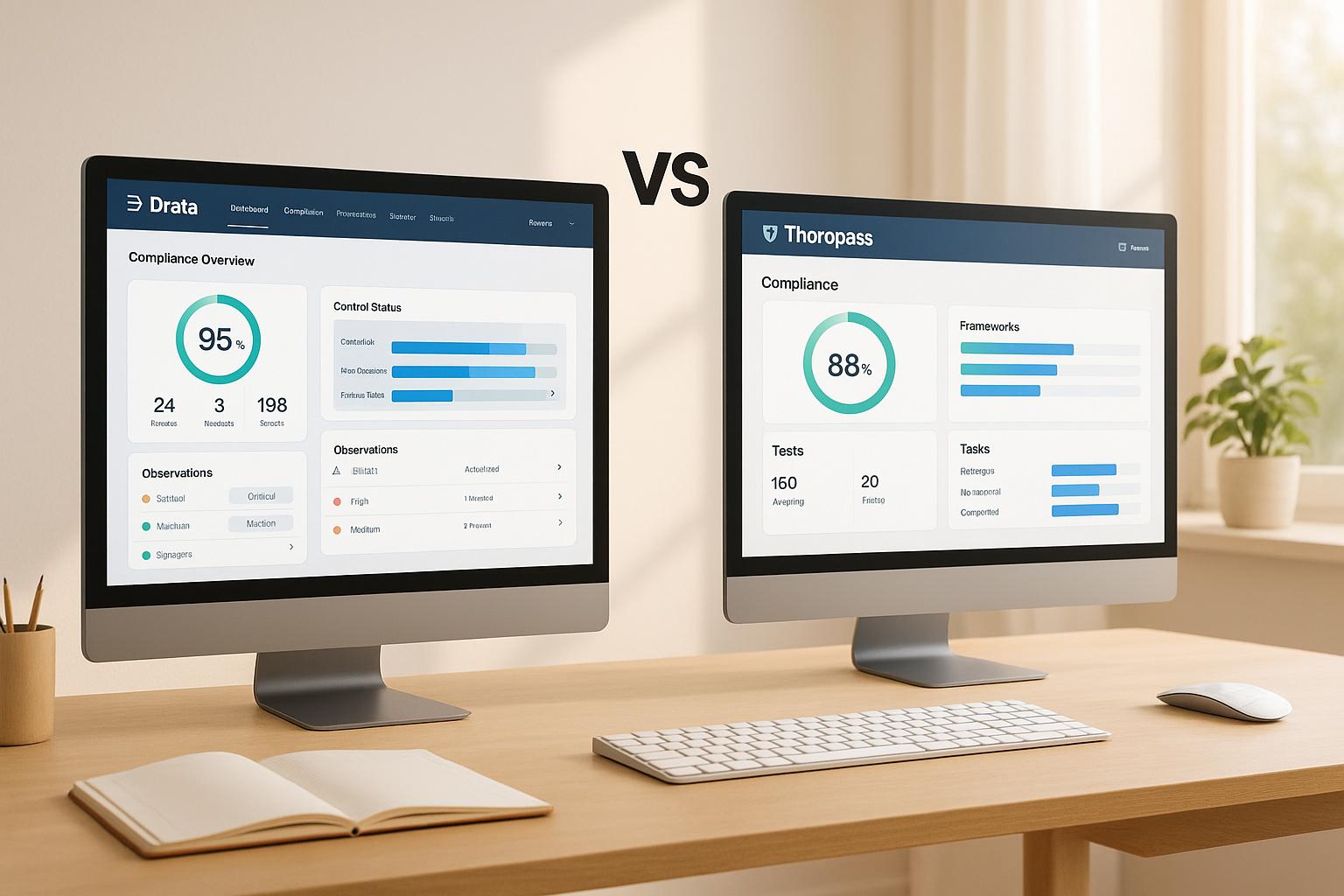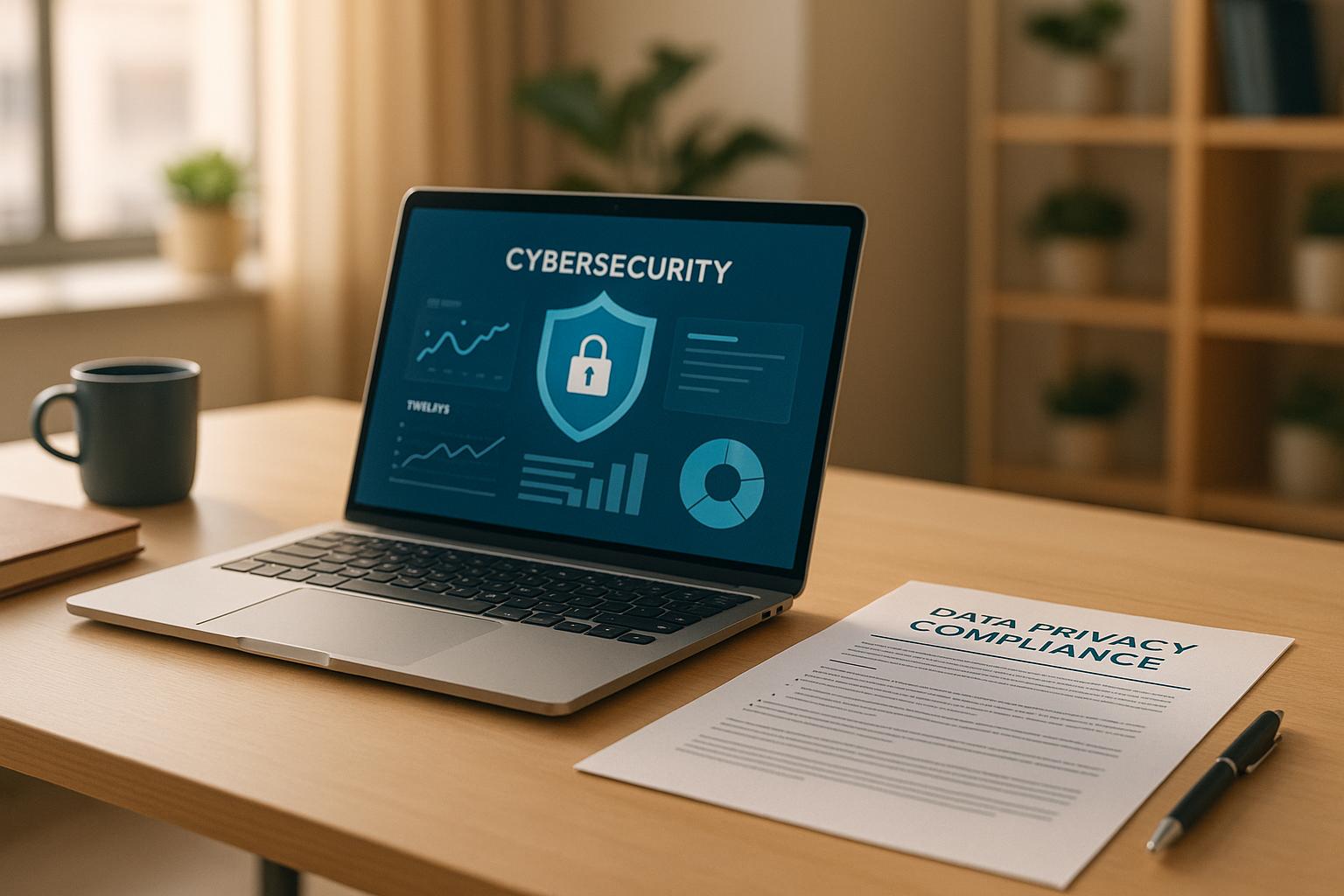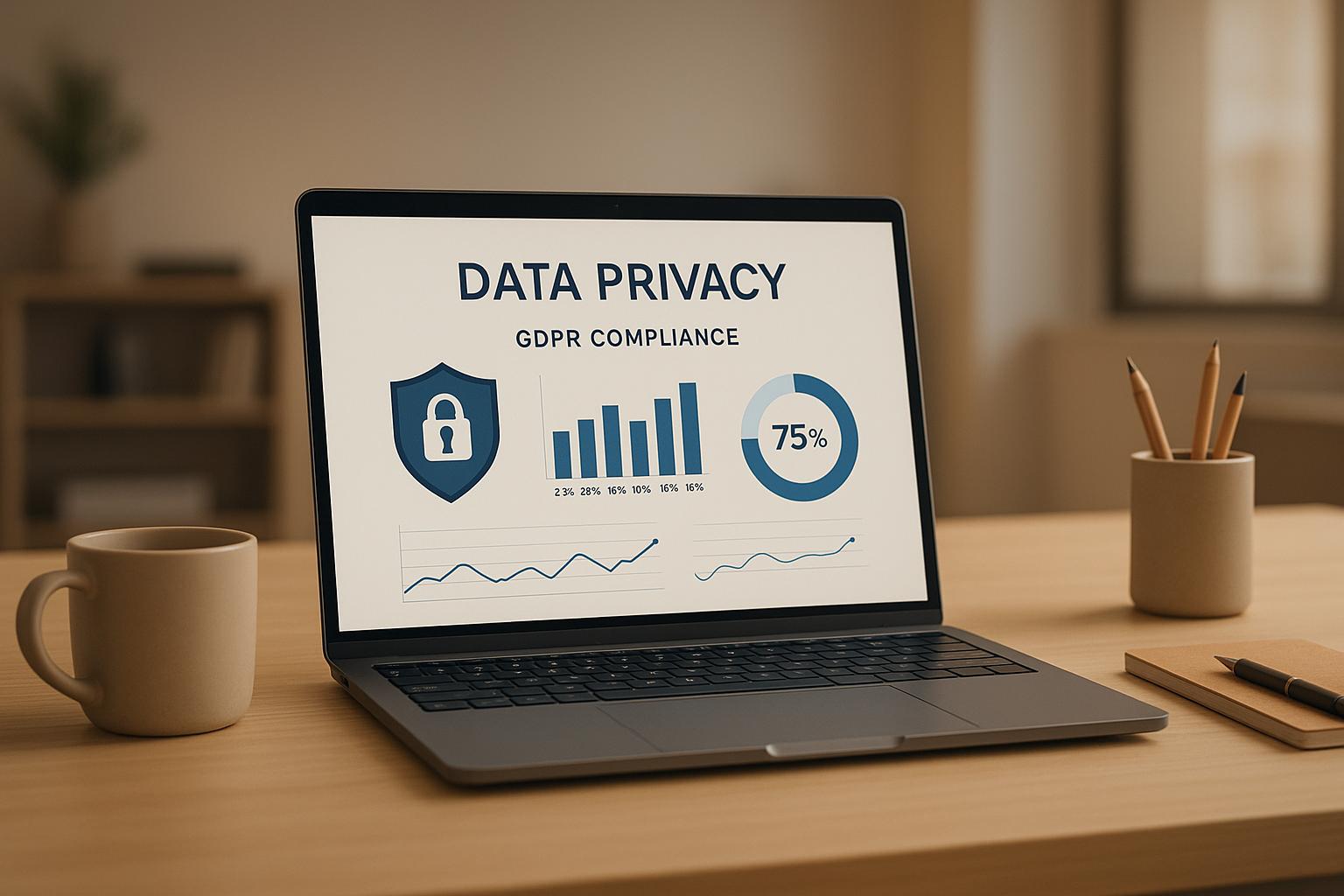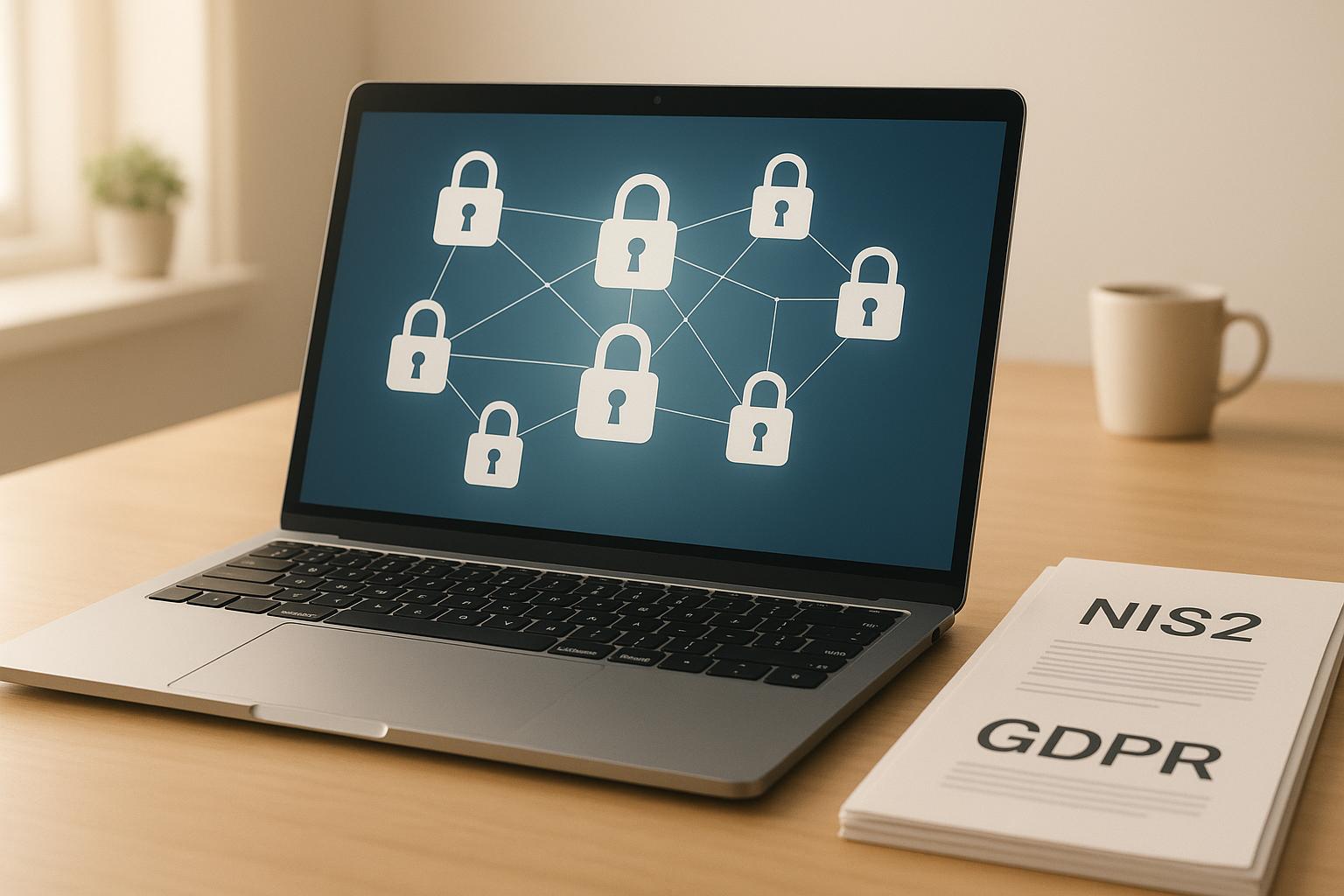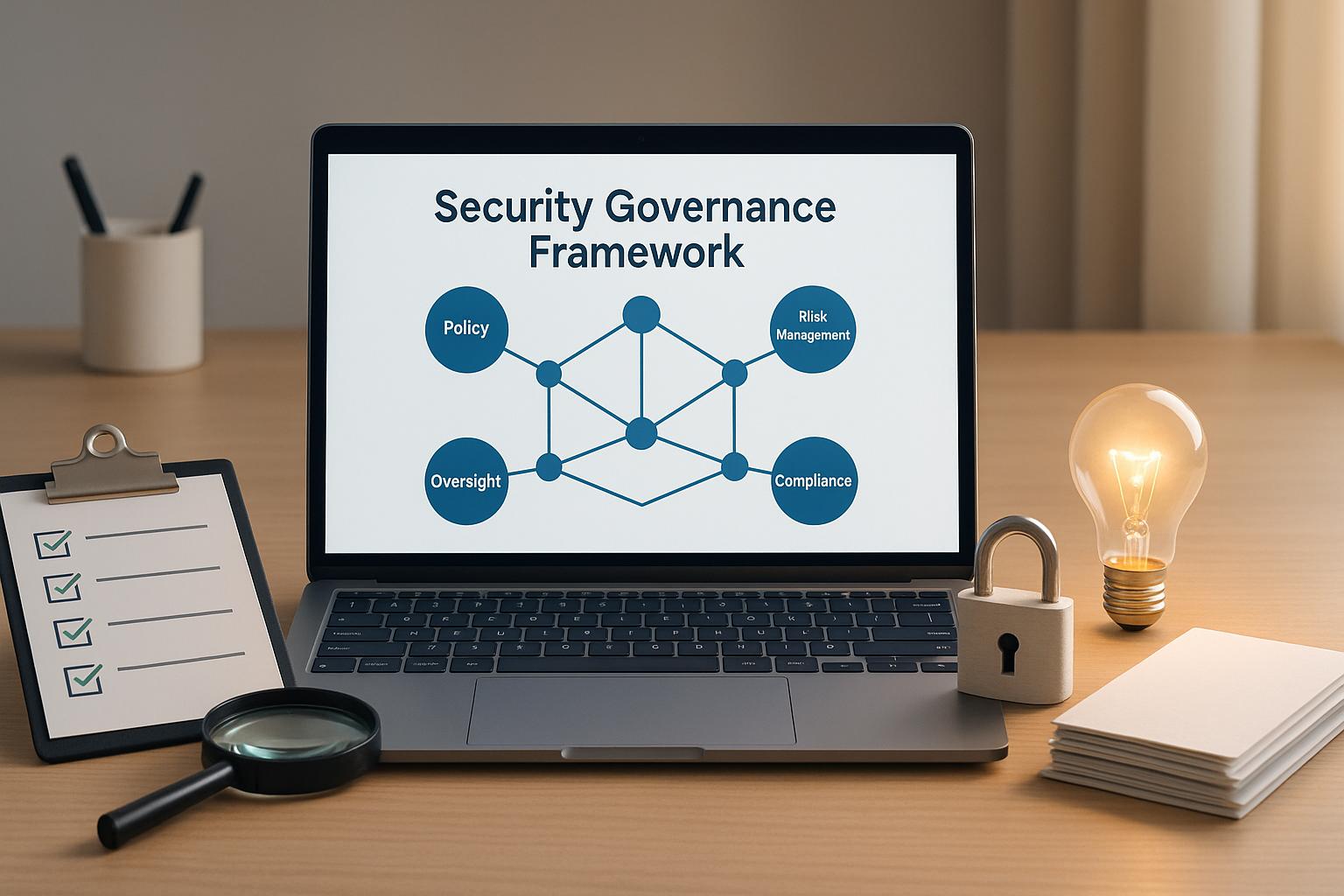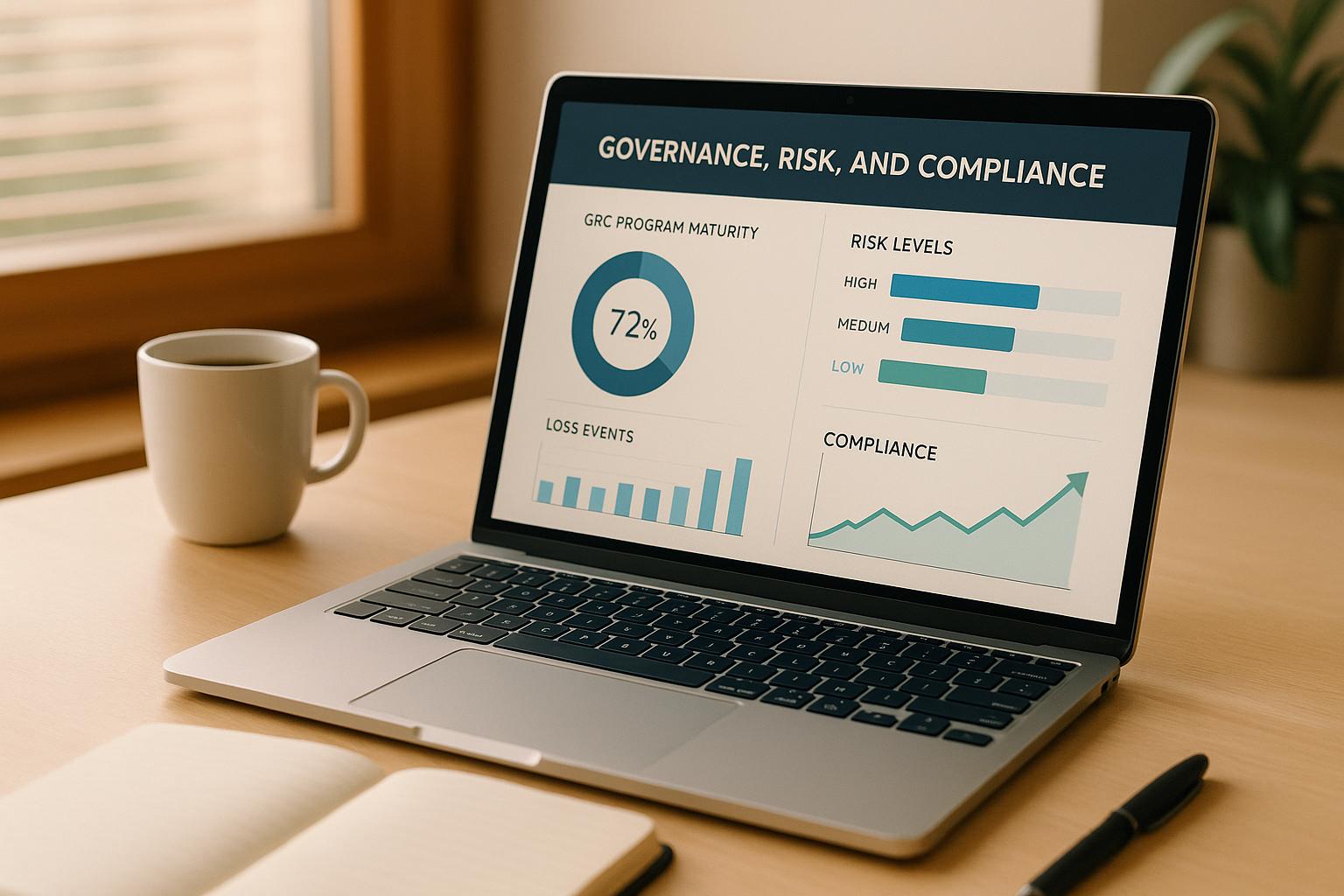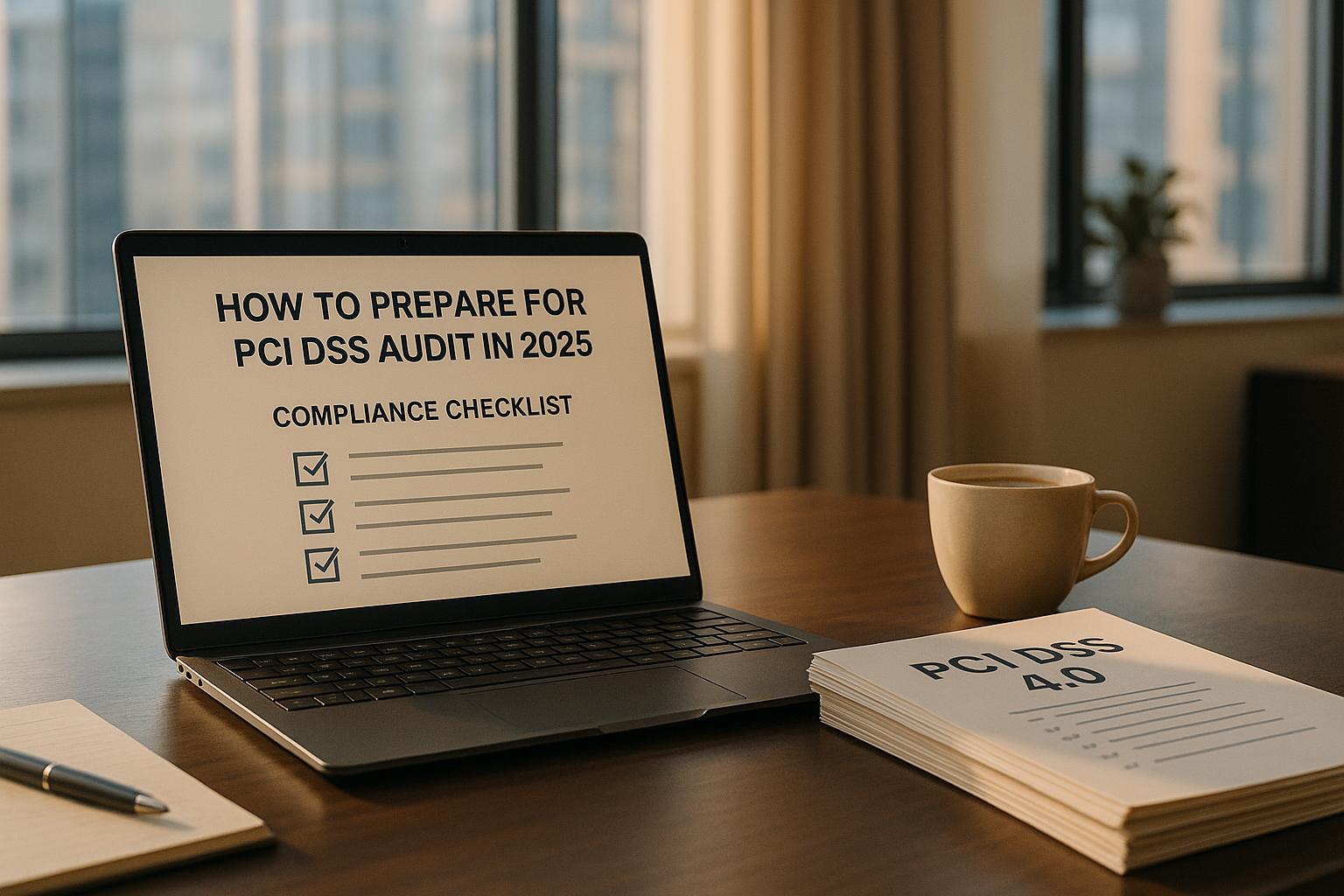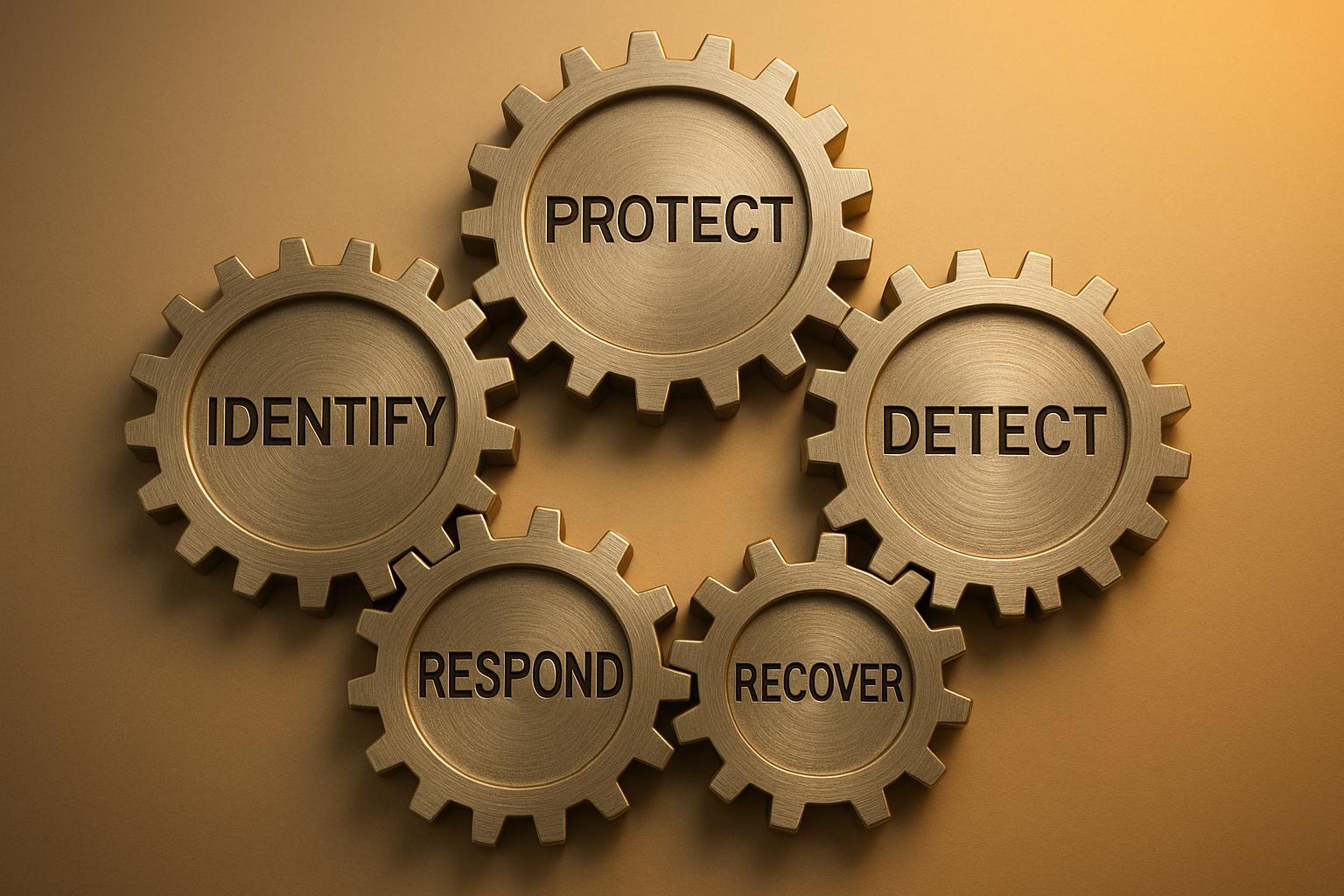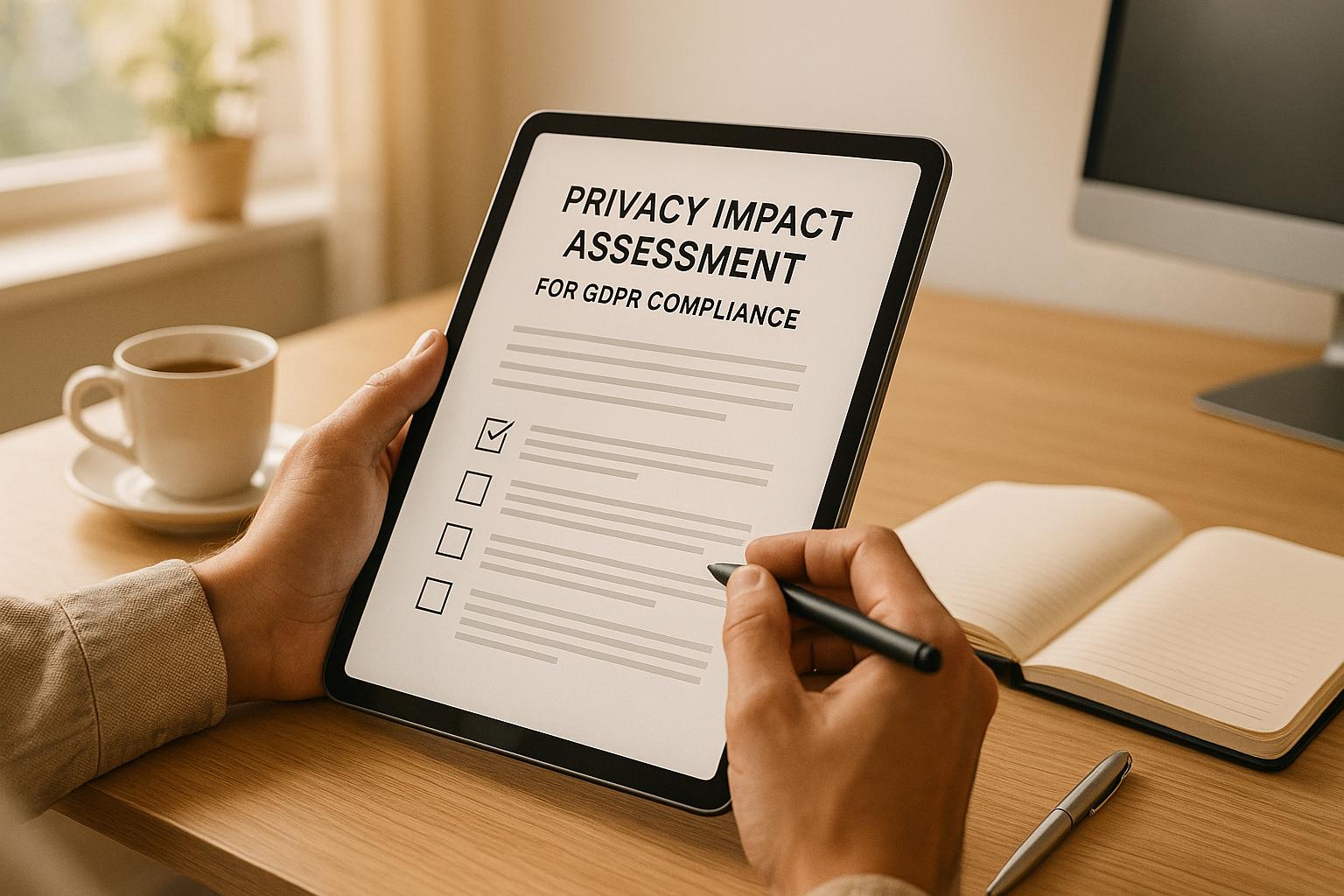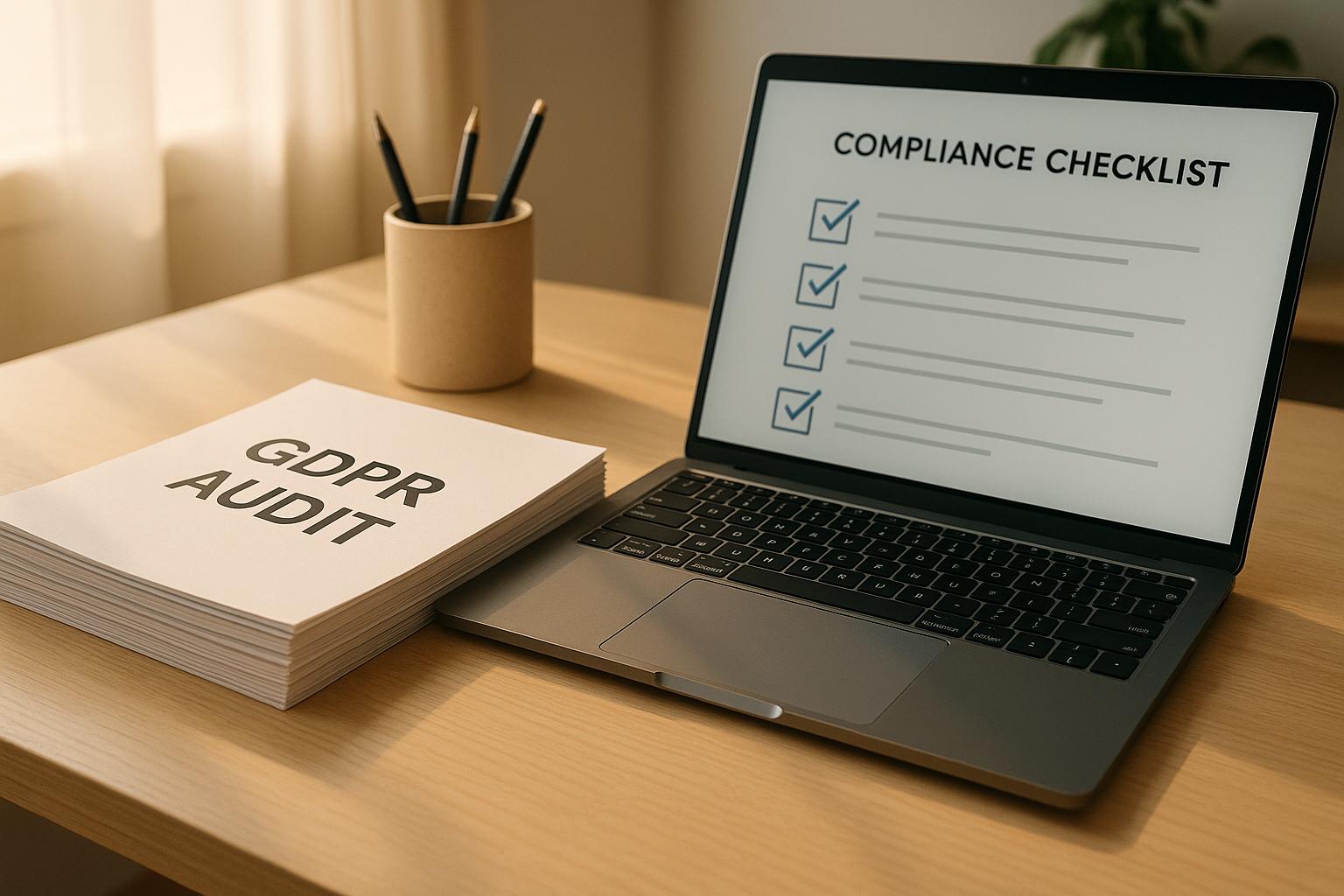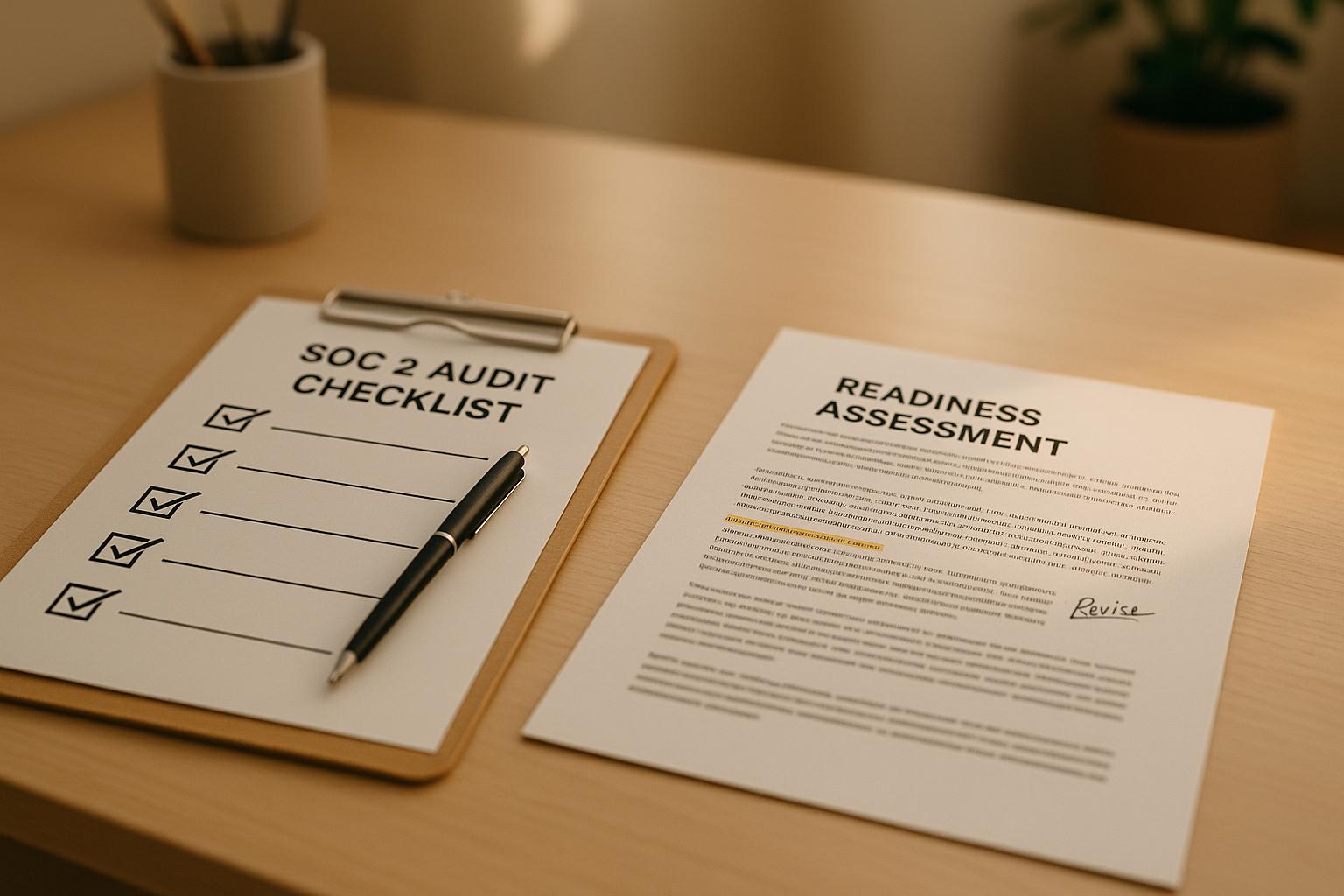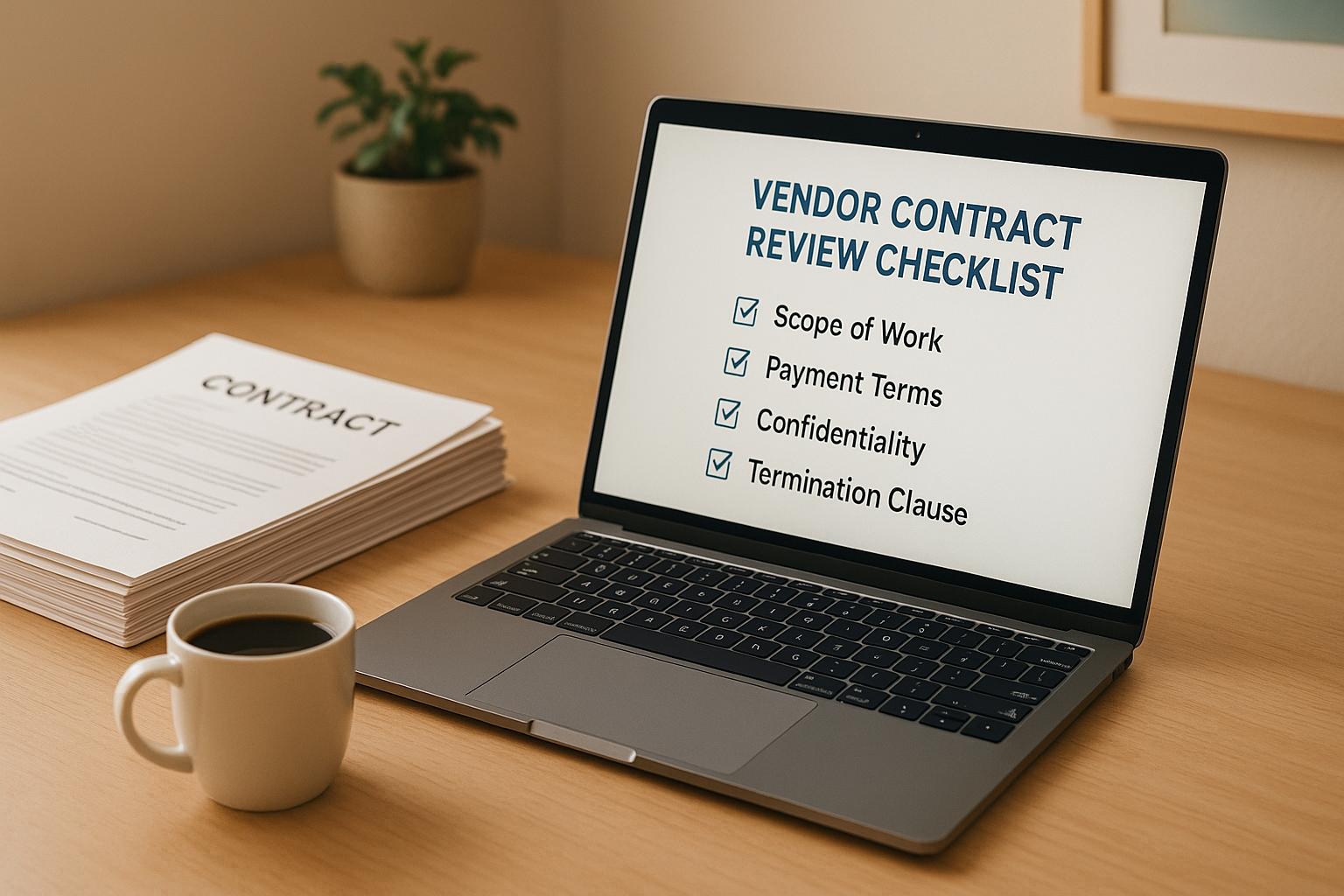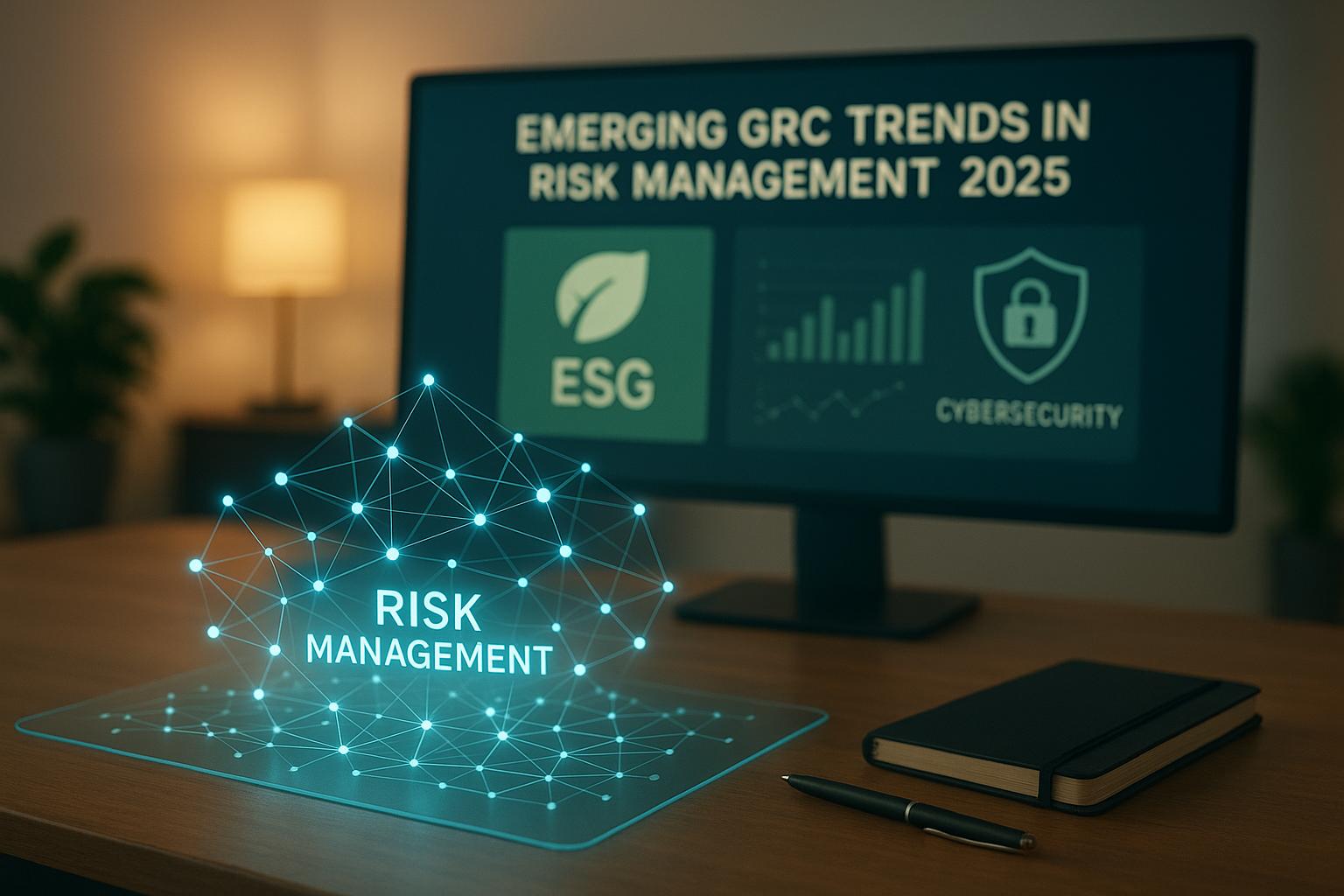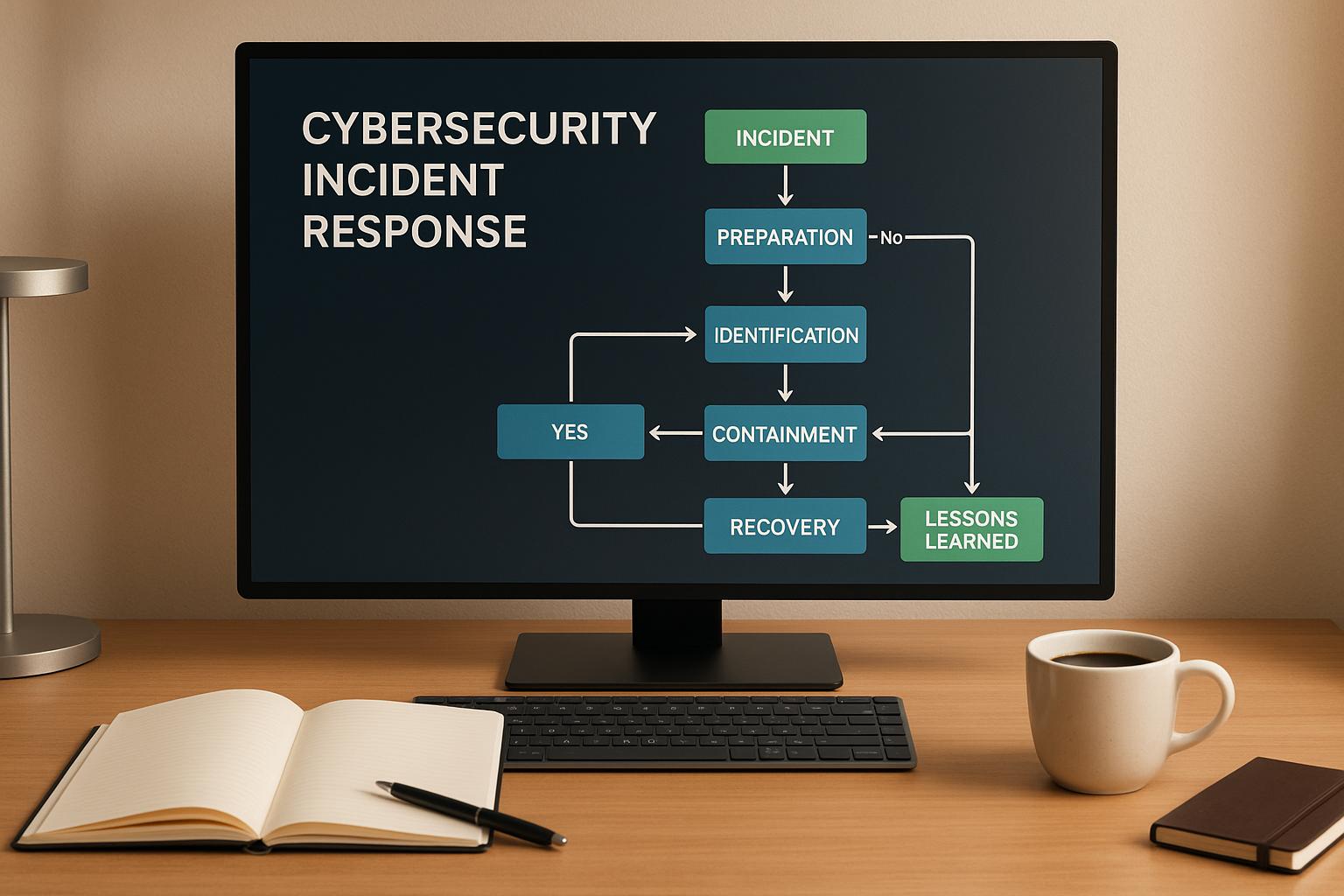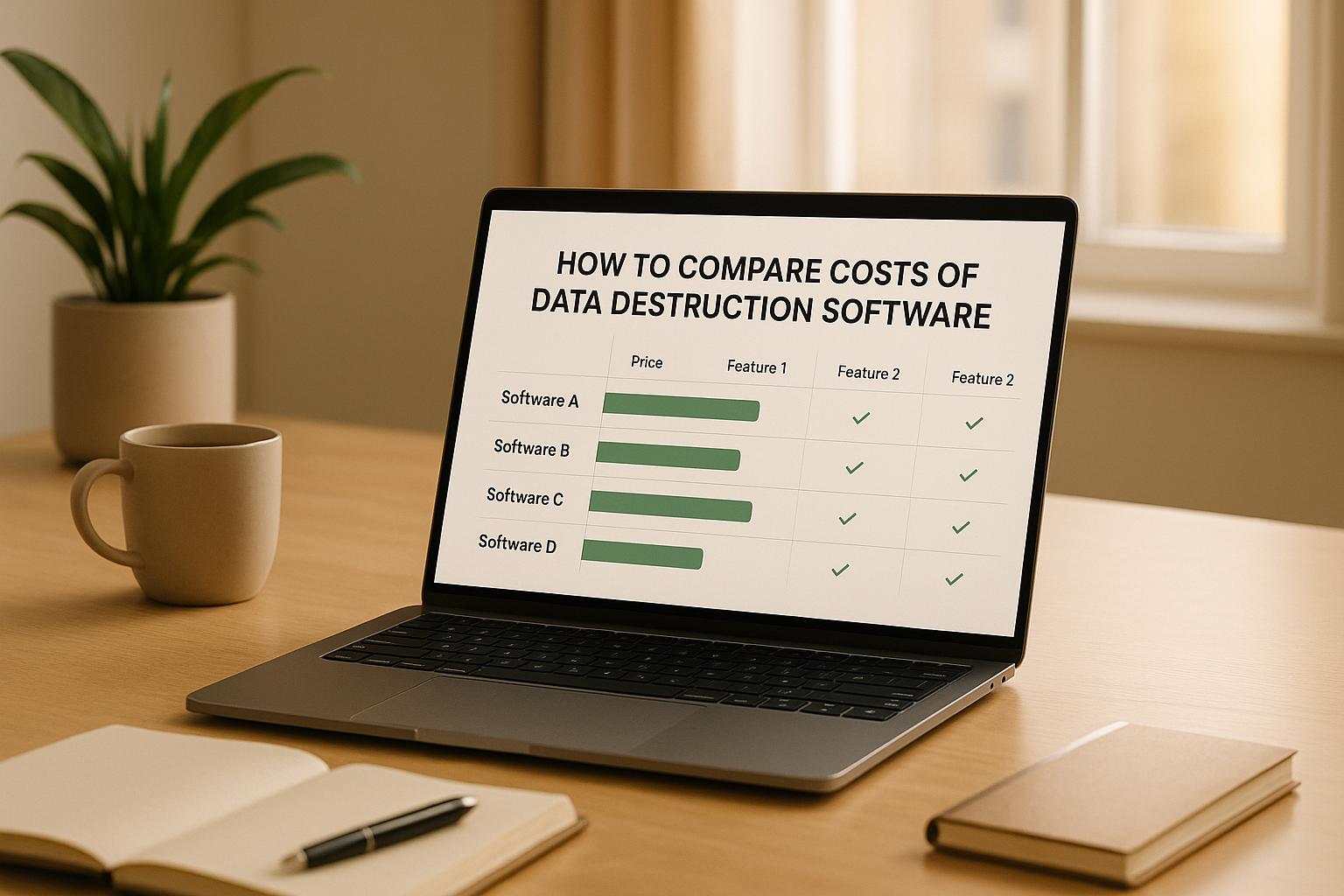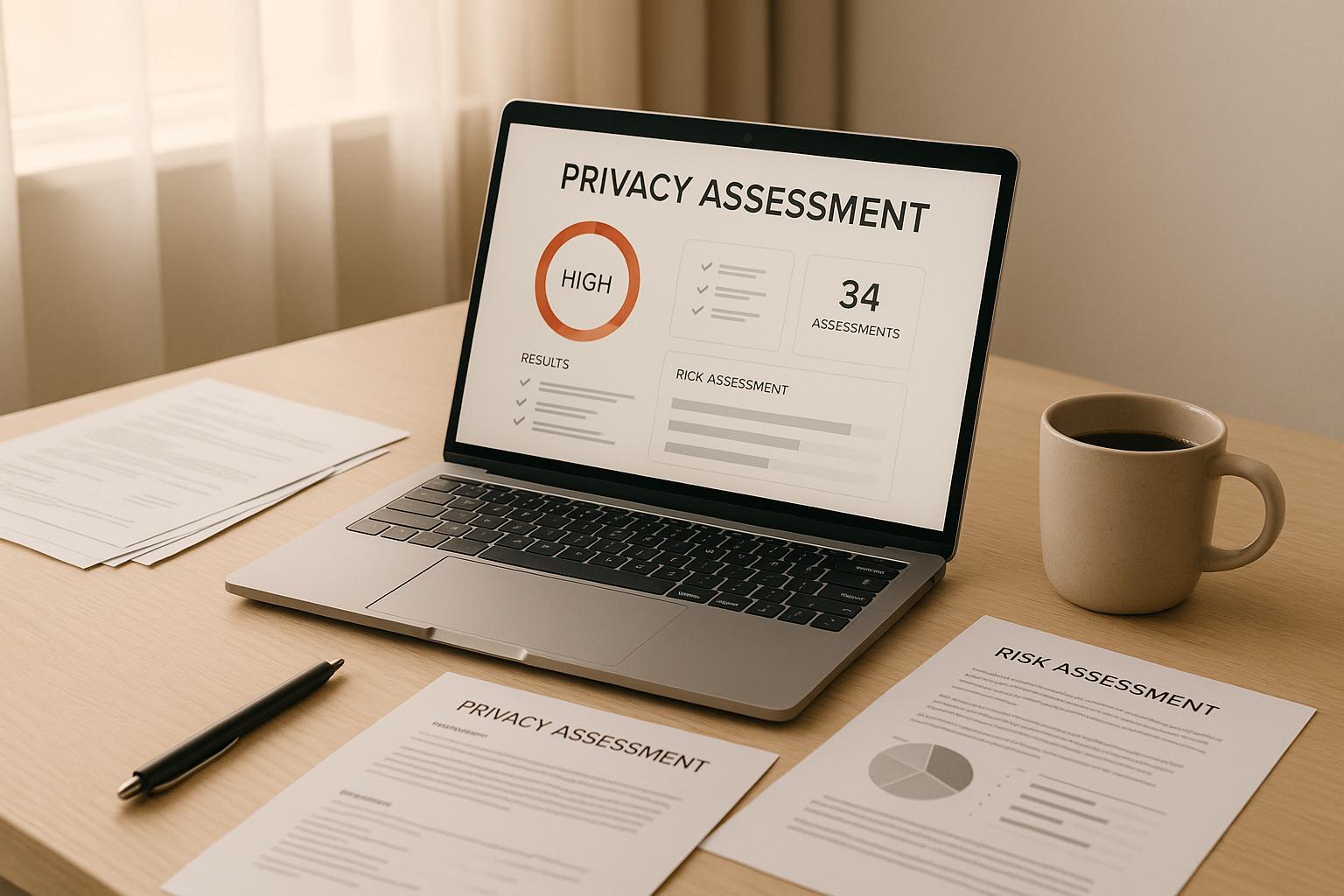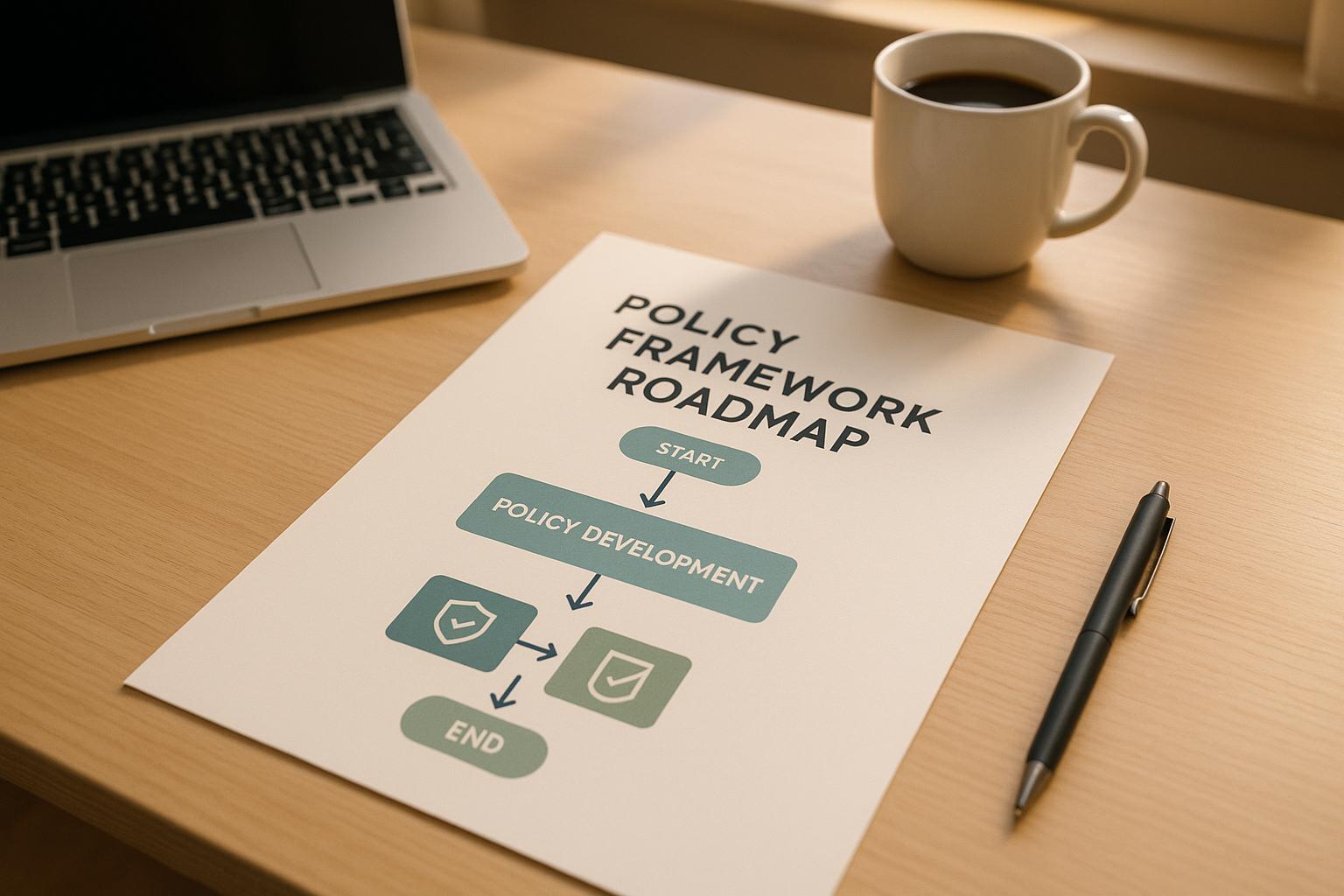
If your U.S. startup processes data from EU residents, you likely need a Data Protection Officer (DPO) to comply with GDPR. Non-compliance can mean fines up to €20 million or 4% of global revenue, along with reputational damage. A DPO ensures your business meets GDPR requirements, protects sensitive data, and builds trust with customers.
Here’s what you need to know:
- When You Need a DPO: If your company processes large amounts of sensitive data (e.g., health, financial, or biometric data) or monitors EU residents systematically, hiring a DPO is mandatory under GDPR.
- Key Role of a DPO: Overseeing data protection, conducting compliance assessments, training staff, and acting as the contact for EU regulators.
- Hiring Options: Choose between an in-house DPO, outsourcing to an external expert, or using a virtual DPO service based on your budget and needs.
- Costs: In-house DPOs can cost $90k–$180k annually, while external or virtual services are more flexible and cost-efficient.
- Tools for Compliance: Platforms like Vanta or Drata automate GDPR tasks, helping DPOs manage data mapping, breach reporting, and training.
Ignoring GDPR compliance risks hefty fines and operational disruption. A qualified DPO, combined with the right tools, ensures your startup stays compliant and competitive in the EU market.
How Do You Appoint A Data Protection Officer (DPO)? - Consumer Laws For You
GDPR DPO Requirements for U.S. Startups
Under the GDPR, appointing a Data Protection Officer (DPO) becomes mandatory if your core operations involve processing a significant amount of sensitive data or systematically monitoring individuals in the EU. For instance, industries like recruitment agencies, security firms, or hospitals - where handling sensitive information is integral - must have a DPO. On the other hand, smaller businesses may not need one if their data processing activities are limited in scope. A large e-commerce site that regularly tracks user behavior for personalized recommendations or a health insurance provider managing sensitive health data for numerous people would also meet the criteria for appointing a DPO. These requirements highlight the importance of understanding GDPR's impact on your startup.
GDPR Rules That Impact U.S. Startups
The GDPR applies to any company that processes personal data of individuals in the EU or European Economic Area (EEA), regardless of where the company is located. If your startup targets or tracks EU/EEA residents, even indirectly, you fall under its jurisdiction. This means activities like using cookies to monitor European visitors or collecting email addresses from EU customers make your business subject to GDPR compliance. Regulators evaluate factors like the volume of data, geographic reach, and duration of processing to determine whether operations qualify as "large scale."
Certain types of data receive extra protection under GDPR. This includes information related to health, racial or ethnic background, political views, religious beliefs, trade union membership, genetic or biometric data, and details about a person’s sex life or sexual orientation. Even processing small amounts of such data requires strict compliance measures. Additionally, startups covered by GDPR might need to appoint an EU-based representative unless their data processing is occasional, doesn’t involve large-scale sensitive data, and poses minimal risk to individuals’ rights and freedoms. Understanding these rules is critical before considering the penalties for non-compliance.
Consequences of Non-Compliance
Failing to comply with GDPR can result in severe penalties, both financial and reputational. Fines can reach as high as 4% of your global annual revenue or €20 million ($21.6 million), whichever is greater. For startups, even smaller fines can be devastating. For example, in September 2024, Meta faced a €91 million ($97 million) fine, and in December 2020, Twitter was fined €450,000 ($546,000) for failing to report a breach on time.
But the damage doesn’t stop at fines. Non-compliance can harm your startup’s reputation, erode customer trust, and make it harder to attract investors or partners. Negative media coverage and regulatory scrutiny can consume valuable time and resources, disrupting your operations. In extreme cases, violations could lead to bans on data processing, effectively shutting down your ability to operate in Europe.
Even if your startup isn’t legally required to appoint a DPO, doing so voluntarily can be a smart move. A DPO can help identify compliance gaps, provide training on proper data handling, and act as a key contact for regulatory inquiries. With the risks of non-compliance so high, having a qualified DPO on your team can offer peace of mind and ensure smoother operations.
Required Qualifications and Skills for an EU DPO
When selecting a Data Protection Officer (DPO) to ensure GDPR compliance, it's essential to focus on the expertise and skills required for the role. While the regulation doesn’t mandate specific credentials, it clearly outlines the level of knowledge and abilities a DPO should have.
Required Qualifications for a DPO
Once you understand the importance of a DPO, the next step is identifying the qualifications necessary for the position. According to the GDPR, a DPO must have expert knowledge of data protection laws and practices. The depth of this knowledge should match the complexity of your data processing activities. For instance, a fintech startup handling sensitive financial data will need a DPO with far more specialized expertise than a business running a simple email newsletter service.
Your DPO should also have technical expertise to conduct GDPR assessments and a thorough understanding of privacy laws across all jurisdictions where your business operates. This is especially critical for U.S. startups expanding into Europe, as they’ll need someone who can navigate both American and European regulations.
The ideal candidate should bring extensive experience with EU and global privacy laws, including at least five years of hands-on work in drafting privacy policies, managing compliance programs, and addressing technology-related privacy concerns. Practical, real-world experience is key.
Additionally, a strong technical background is essential. Look for someone with experience in IT programming or infrastructure, certifications in information security standards, and a proven track record of conducting information system audits, attestation audits, and risk assessments. This ensures they can effectively evaluate your systems and pinpoint vulnerabilities.
Industry-specific knowledge is another valuable asset. A DPO familiar with your sector will better understand your unique data protection needs. For example, a health tech startup would benefit from a DPO with healthcare experience rather than someone who has only worked in retail compliance.
Necessary Skills for the Role
Beyond qualifications, a DPO must possess specific skills to thrive in a fast-paced startup environment. They need to be flexible, business-savvy, and deeply knowledgeable about the regulatory landscape affecting their industry. Startups often pivot quickly, so a rigid, bureaucratic approach won’t work.
Strong communication skills are a must. A DPO should be able to explain complex privacy concepts to varied audiences, whether it’s breaking down technical details for your engineering team or presenting compliance updates to investors. They’ll need to bridge the gap between legal, technical, and business teams.
Leadership is another critical skill. Your DPO should excel at coordinating with diverse stakeholders, managing multiple projects, and achieving clear objectives. In a resource-constrained startup, they must juggle priorities while ensuring everyone stays aligned.
Your DPO should also be a problem-solver. They need to translate privacy requirements into actionable business strategies, identify risks early, and propose scalable solutions. A good DPO doesn’t just highlight issues - they help your business grow while staying compliant.
Adaptability is vital in today’s ever-changing regulatory landscape. A strong candidate will be a self-starter who keeps up with evolving privacy laws and trends. Staying ahead of these changes is crucial for effective compliance.
Finally, don’t overlook training and education skills. Your DPO should have experience in conducting legal and technical training sessions and raising awareness about privacy best practices. They’ll play a key role in ensuring your team understands and adheres to GDPR requirements.
Maintaining DPO Independence
In addition to qualifications and skills, maintaining the independence of your DPO is critical for effective compliance. The GDPR mandates that a DPO must operate without interference. Other employees cannot dictate how the DPO performs their duties. This ensures they can make unbiased decisions on privacy matters.
Your DPO should report directly to the highest level of management, such as the CEO or board of directors. This direct line of communication prevents middle management from blocking or diluting their recommendations.
To avoid conflicts of interest, the DPO cannot hold a position that determines the purposes or means of data processing. For example, your CTO or head of marketing cannot also serve as the DPO, as their roles would inherently conflict with the impartiality required.
If your organization chooses not to follow the DPO’s advice, you must document the reasons for the decision. This documentation serves as a safeguard for both your company and the DPO in case regulators question your actions.
Establishing internal protocols is essential to ensure the DPO’s independence. These policies should clearly define the DPO’s authority, reporting structure, and decision-making powers. They should also be communicated to your entire team.
It’s important to note that the DPO cannot simultaneously serve as the EU representative for your organization. These roles are incompatible due to the independence required for the DPO position. If your startup needs both roles, you’ll need separate individuals or service providers.
Finally, the GDPR provides protections to safeguard your DPO’s independence. For example, they cannot be dismissed or penalized for performing their duties, except in cases of gross misconduct. These protections ensure that your DPO can act in the best interest of compliance, even when their recommendations are difficult or costly to implement.
How to Hire or Outsource an EU DPO
Deciding whether to hire an in-house Data Protection Officer (DPO) or outsource the role is an important step for any startup navigating GDPR compliance. This decision can impact your budget, compliance strategy, and ability to maintain trust with EU customers. The right DPO setup ensures your startup stays on track with GDPR requirements while managing data protection effectively.
Assessing Your Startup's DPO Needs
Before hiring or outsourcing, determine if your startup is legally required to appoint a DPO. Industries like fintech, healthtech, AI, and e-commerce are often subject to these requirements, especially if they involve profiling users, managing biometric data, or handling international data transfers.
If your operations include processing sensitive information - such as health records or political data - you’re likely required to appoint a DPO. Even if it’s not mandatory, it’s wise to err on the side of caution. For example, if you’re preparing for a big product launch, expanding into the EU or UK, or gearing up for a funding round, having a DPO in place can demonstrate your commitment to compliance. The stakes are high: GDPR fines can reach up to €20 million or 4% of global turnover, and the average cost of a data breach in 2022 was around $4.35 million.
Documenting your decision-making process is key to meeting GDPR’s accountability standards. Once you’ve confirmed your need for a DPO, the next step is deciding whether an in-house or external option works best for your startup’s size and compliance needs.
In-House Hiring vs. Outsourcing Options
Choosing between an in-house DPO and outsourcing depends on your startup’s resources, scale, and specific compliance challenges.
In-house DPOs are deeply integrated into your business, offering an intimate understanding of your operations and culture. They’re always available for immediate consultation and can gain a thorough grasp of your data systems. However, this option comes with significant costs, including salary, benefits, training, and certifications. For example, small businesses with fewer than 50 employees typically pay between $40,000 and $80,000 annually. In the tech sector, salaries can range from $90,000 to $150,000, while financial services startups might spend $100,000 to $180,000 per year.
External DPOs bring specialized expertise and an unbiased perspective, which can be invaluable for navigating complex privacy regulations, especially in cross-border situations.
Bogdan Pashynskyi, Head of Privacy at Legal Nodes, notes that external DPOs often provide valuable insights because of their exposure to a wide range of privacy regulations and their collaboration with expert teams.
Outsourcing also ensures constant monitoring of regulatory updates, helping your startup stay compliant with evolving GDPR requirements.
Virtual DPO (vDPO) services offer a middle-ground solution. They’re flexible, scalable, and cost-efficient, making them ideal for early-stage startups or businesses with changing compliance needs.
Here’s a quick comparison of these options:
| DPO Type | Pros | Cons | Best For |
|---|---|---|---|
| In-House | Deep understanding of business, always accessible | High cost; may lack broad regulatory expertise | Large startups with complex EU operations |
| External | Specialized knowledge, impartial advice | May require time to learn your business processes | Mid-size startups needing part-time guidance |
| Virtual DPO | Flexible, scalable, cost-effective | May feel less personalized | Early-stage startups with evolving needs |
For startups mindful of their budgets, outsourcing often proves more cost-effective while still addressing compliance demands.
Connecting DPO Oversight with Compliance Tools
No matter which DPO model you choose, integrating compliance tools can significantly enhance your privacy program. Platforms like Vanta, Drata, Secureframe, and Thoropass are designed to automate repetitive tasks, provide real-time compliance tracking, and simplify audit preparation.
These tools can support your DPO by automating data mapping, setting alerts for potential issues, and generating GDPR-compliant reports. They also help identify gaps in your data protection processes, streamline risk assessments, and offer actionable recommendations for improvement.
Many platforms include customizable training modules and awareness campaigns, ensuring your team stays informed about privacy and security practices. Involving your DPO in selecting and configuring these tools ensures they align with your business’s specific data handling and compliance needs.
sbb-itb-ec1727d
Using Compliance Tools for GDPR Success
Compliance tools simplify the complexities of GDPR compliance, making it easier to manage data protection while scaling alongside your business. These tools work closely with your Data Protection Officer (DPO) to create a privacy program that grows with your company.
How Compliance Tools Help
Modern compliance platforms take on many of the repetitive tasks involved in GDPR compliance. They handle things like discovering data, mapping its flow, and identifying storage locations. This automation frees up your team to focus on business priorities while ensuring your organization meets GDPR's accountability requirements. Plus, these tools help you respond swiftly to data subject requests.
When it comes to breaches, compliance tools provide real-time alerts, generate reports automatically, and help you meet GDPR’s strict 72-hour breach notification deadline. They also continuously collect evidence - tracking policy updates, training completions, and control tests - so audit documentation is always up-to-date.
For instance, ReadMe achieved significant efficiency gains by using Cycore's GRC services. They cut the time spent on security questionnaires by 66% and saved 1,656 hours annually, enabling quicker deal closures and steady growth.
Additionally, automated data classification ensures high-risk data gets the protection it needs, while machine learning uncovers patterns and hidden information in unstructured data. These features not only enhance your DPO’s ability to oversee compliance but also streamline the connection between day-to-day operations and regulatory requirements.
Connecting Tools with DPO Responsibilities
When compliance tools integrate seamlessly with DPO oversight, they significantly strengthen your privacy program. For example, having access to real-time dashboards allows DPOs to monitor compliance across all business units more strategically. Tools that continuously track GDPR safeguards, policies, and controls empower DPOs to resolve issues proactively.
Training programs also benefit from these tools. Automated systems ensure employees stay informed about emerging GDPR risks through timely training updates. Similarly, third-party risk management becomes more efficient when compliance platforms verify that both employees and vendors adhere to data protection standards.
However, integrating these tools with your existing systems requires careful planning. Choosing platforms with customization options lets you tailor workflows to meet your startup’s specific needs.
"Our GRC Software Admin Services ensure that your Governance, Risk, and Compliance tools, such as Drata, Vanta, Thoropass, and Secureframe, are properly managed and optimized. We handle everything from initial setup to ongoing maintenance, ensuring your GRC tools deliver maximum value and keep your organization compliant and secure." - Cycore
For startups with limited IT resources, services like Cycore’s GRC Tool Administration can take care of setup, configuration, maintenance, and updates. This allows your DPO to focus on making strategic privacy decisions, rather than managing the technical aspects of compliance tools.
Common Challenges for U.S. Startups
This section dives into the hurdles U.S. startups face when striving to meet GDPR compliance. From resource limitations to navigating complex international regulations, these challenges often make compliance a daunting task, especially for smaller companies.
Main Challenges Facing Startups
Limited Resources and Expertise are some of the biggest obstacles. Consider this: 88% of global companies spend over $1 million annually on GDPR compliance, with 40% surpassing $10 million each year. For startups, the costs can range from $20,500 for smaller operations to a staggering $70 million for larger enterprises. Beyond the financial strain, many startups lack the in-house legal teams needed to tackle these intricate regulations, leaving them to manage compliance without expert guidance.
Cross-Border Legal Complexity adds another layer of difficulty. U.S. businesses must juggle compliance with both GDPR and domestic laws, which can lead to time-consuming processes and the risk of penalties. On top of that, language barriers, differing privacy expectations, and cultural nuances further complicate international operations.
Rapidly Evolving Business Models present unique challenges. Startups often experience frequent changes in how they process data, increasing the risk of breaches and demanding constant vigilance to stay compliant.
Cultural and Operational Adaptation is also a significant hurdle. Aligning a company’s practices with European privacy standards often requires extensive staff training and adjustments to existing data-handling procedures.
The good news? There are practical strategies to address these challenges head-on.
Practical Methods for GDPR Compliance
Early Implementation Strategy is key to avoiding costly fixes down the road. By embedding GDPR best practices from the beginning, startups can establish a solid foundation for safeguarding data and privacy.
Privacy by Design Integration ensures compliance is baked into every aspect of the business. Incorporating privacy considerations into product development and operations helps startups stay ahead of regulatory requirements.
Data Minimization Practices reduce unnecessary risks. Limiting the collection and processing of personal data not only supports compliance but also lowers storage costs and security vulnerabilities.
Staff Training builds a compliance-focused culture. Regular training sessions ensure that every team member understands their role in protecting data and adhering to GDPR standards.
Automation and Tool Integration can simplify compliance efforts. Using cloud-based tools with built-in GDPR features - like consent management and reporting - can significantly cut costs and reduce complexity.
Strategic Outsourcing provides access to expertise without the expense of hiring full-time staff. When selecting outsourcing partners, thorough vetting is crucial, especially to ensure effective communication and strong GDPR knowledge.
Startup Challenges and Solutions Table
| Challenge | Impact | Practical Solution | Cost Range |
|---|---|---|---|
| Limited Budget | Operational budget strain | Outsource DPO services; use automated tools | $20,500–$102,500 annually |
| Lack of Expertise | Risk of non-compliance | Partner with compliance providers; train staff | $5,000–$30,000 for monitoring |
| Cross-Border Complexity | Penalties and delays | Hire legal advisors; improve communication | $10,000–$25,000 implementation |
| Rapid Business Changes | Inconsistent compliance | Embed privacy by design; conduct audits | $5,000–$20,000 for tools |
| Cultural Adaptation | Misalignment with EU expectations | Train staff; promote a privacy-first culture | $500–$20,500 for training |
| Data Management Issues | Inefficient data flow mapping | Use automated mapping tools | $3,500–$10,000 for certifications |
With GDPR fines exceeding $5.88 billion since its enforcement began, and penalties for small and medium businesses ranging from $10,000 to $500,000, the cost of non-compliance is steep. Proactive measures like outsourcing DPO services, automating compliance tasks, and investing in staff training can save startups from far greater expenses while fostering trust and enabling sustainable growth in European markets.
Conclusion: A Practical Approach to GDPR Compliance
GDPR compliance doesn’t have to be overwhelming. With the right strategies and tools, and a carefully chosen EU Data Protection Officer (DPO), your business can meet regulatory standards while strengthening customer trust.
Consider this: 86% of consumers prioritize data privacy, and 77% are more likely to buy from companies that protect their personal information. Compliance isn’t just about avoiding fines; it’s also a way to stand out in a competitive market. And the stakes are high - non-compliance can lead to fines of up to €20 million or 4% of global turnover. Investing in a DPO, whether in-house, external, or virtual, is not just a legal safeguard but a smart financial move.
Your choice of DPO should align with your budget and operational needs. For instance, an in-house DPO may cost around $77,770 annually, while external consultants charge between $125 and $350 per hour. Many startups are opting for the flexible "DPO as a service" model, which balances cost efficiency with scalability. Pair this with compliance tools that can improve productivity by up to 70%, and you’re setting your business up for success.
Proactive compliance is always more cost-effective than reactive measures. Companies that integrate privacy by design from the start, train their teams regularly, and use automation to handle compliance tasks are better positioned to avoid fines and disruptions. More importantly, they build a foundation of trust and operational efficiency that supports long-term growth.
Whether you hire an in-house DPO, work with external consultants, or use virtual services, the time to act is now. With regulatory scrutiny on the rise and consumers becoming more aware of how their data is handled, startups that prioritize data protection will be the ones that thrive in an increasingly privacy-conscious world. By embedding GDPR compliance into your core business strategy, you’re not just meeting legal requirements - you’re setting the stage for global success.
FAQs
What does a Data Protection Officer (DPO) do for a U.S. startup managing EU customer data?
The Role of a Data Protection Officer (DPO)
A Data Protection Officer (DPO) is essential for startups handling EU customer data, especially when it comes to staying on the right side of GDPR regulations. Their job is multi-faceted, covering everything from keeping your company aligned with data protection laws to offering guidance on GDPR requirements. They also take charge of conducting data protection impact assessments, ensuring your processes are up to standard.
Beyond compliance, a DPO trains your team on best practices for privacy and acts as the go-to person for regulatory authorities and individuals with data privacy questions or concerns.
For U.S. startups dealing with cross-border data rules, having a DPO isn’t just about avoiding penalties - it’s a way to show customers you take their privacy seriously. This role can help establish trust and keep your company on solid legal ground when working with EU data.
Should a U.S. startup hire an in-house EU DPO or outsource the role?
Deciding whether to hire an in-house EU Data Protection Officer (DPO) or to outsource the role comes down to your startup's specific needs, budget, and future plans.
An in-house DPO gives you more control and allows for strategies specifically tailored to your business operations. This is a great option for startups managing large amounts of sensitive data or aiming for substantial growth within the EU market. However, it does come with higher costs, including salary and additional resources.
On the flip side, outsourcing can be a more affordable solution. It provides access to specialized expertise without committing to a full-time hire. This approach works well for startups with tighter budgets or those needing quick compliance solutions without setting up an internal team.
To make the right choice, consider your compliance needs, the complexity of your operations, and your financial limits.
What are the best tools and strategies for startups to efficiently stay GDPR-compliant?
Startups can simplify the often complex process of GDPR compliance by leveraging tools like automated data mapping, consent management systems, and AI-powered data classification. These tools make it easier to locate sensitive information, handle user consent efficiently, and maintain ongoing compliance monitoring.
Beyond technology, it's crucial to focus on solid data governance practices, perform routine audits, and invest in employee training. These measures ensure your team stays informed about GDPR requirements and that your processes stay on track as your business expands.








